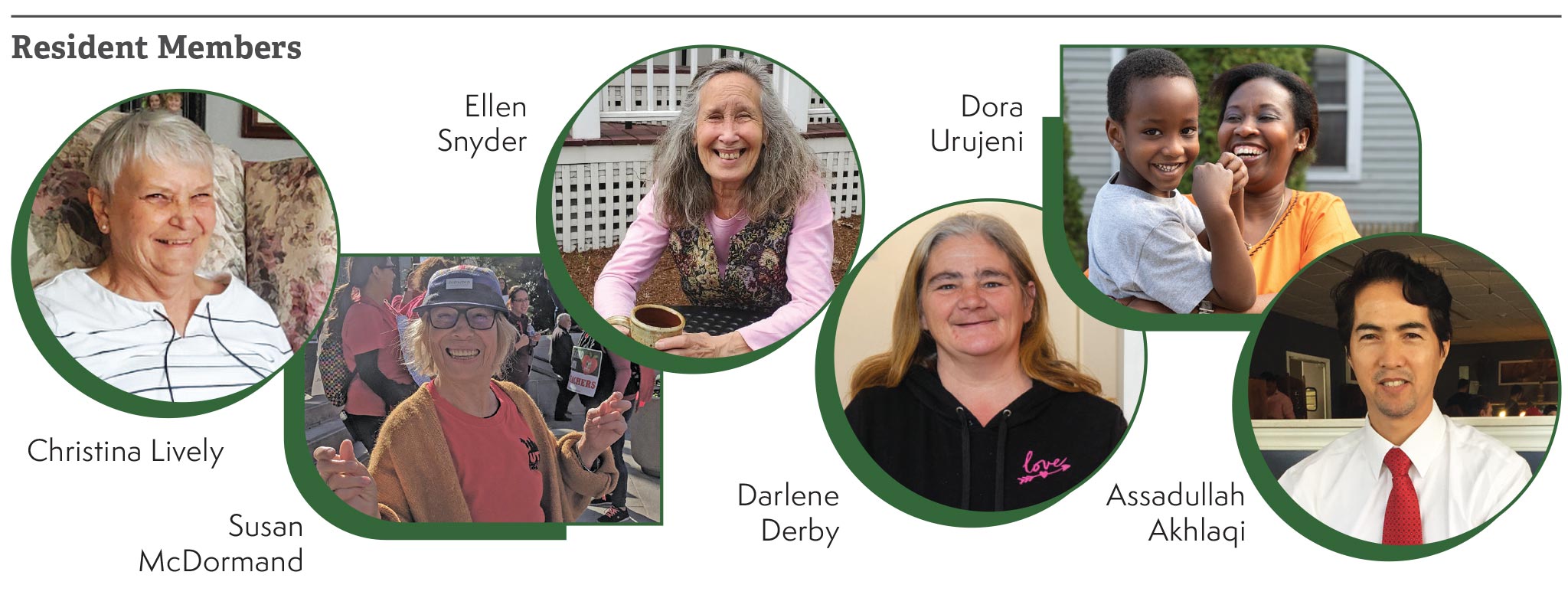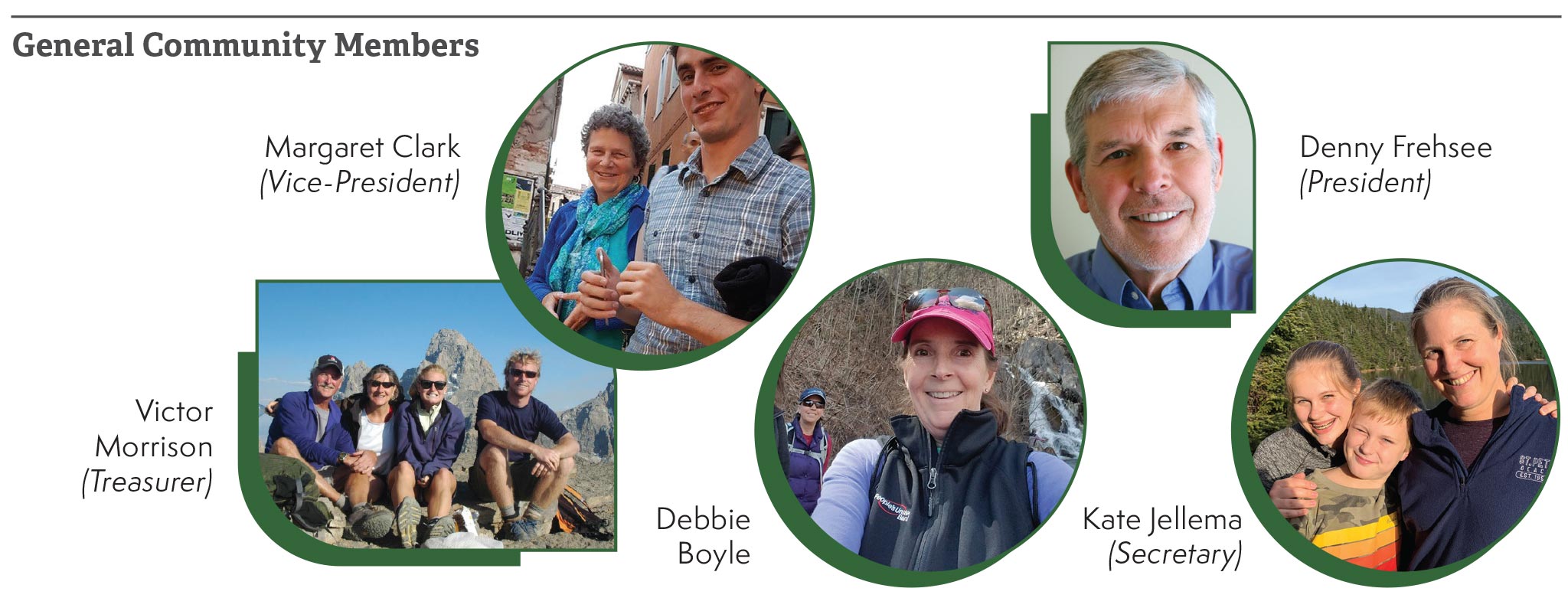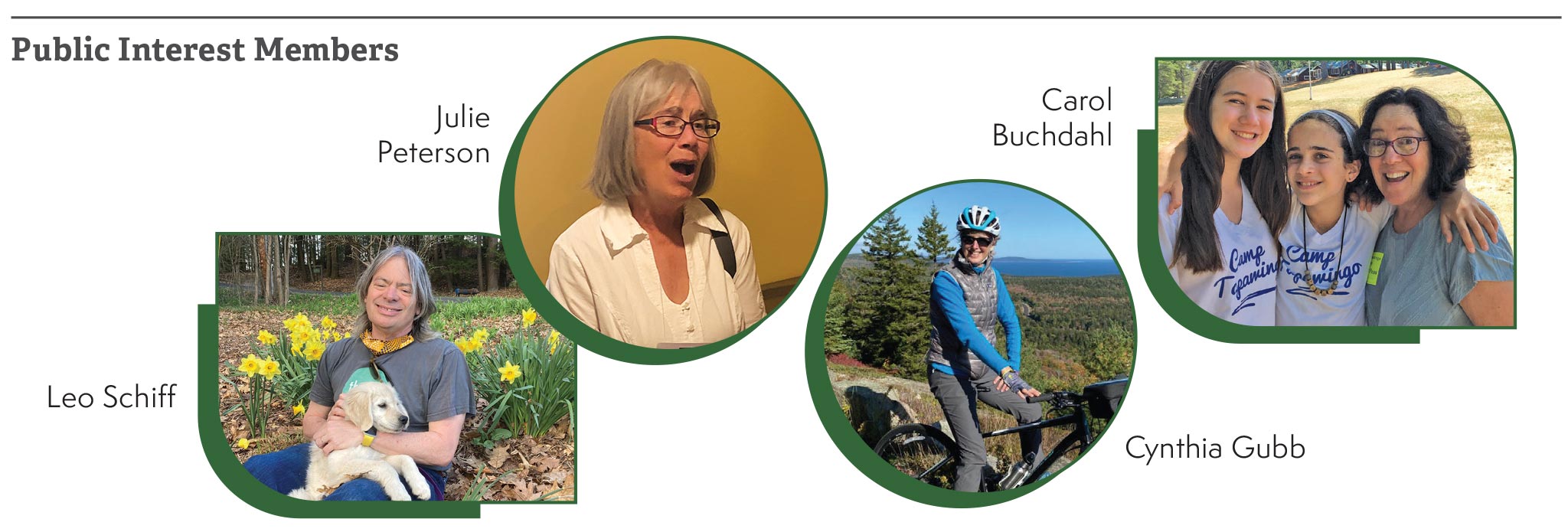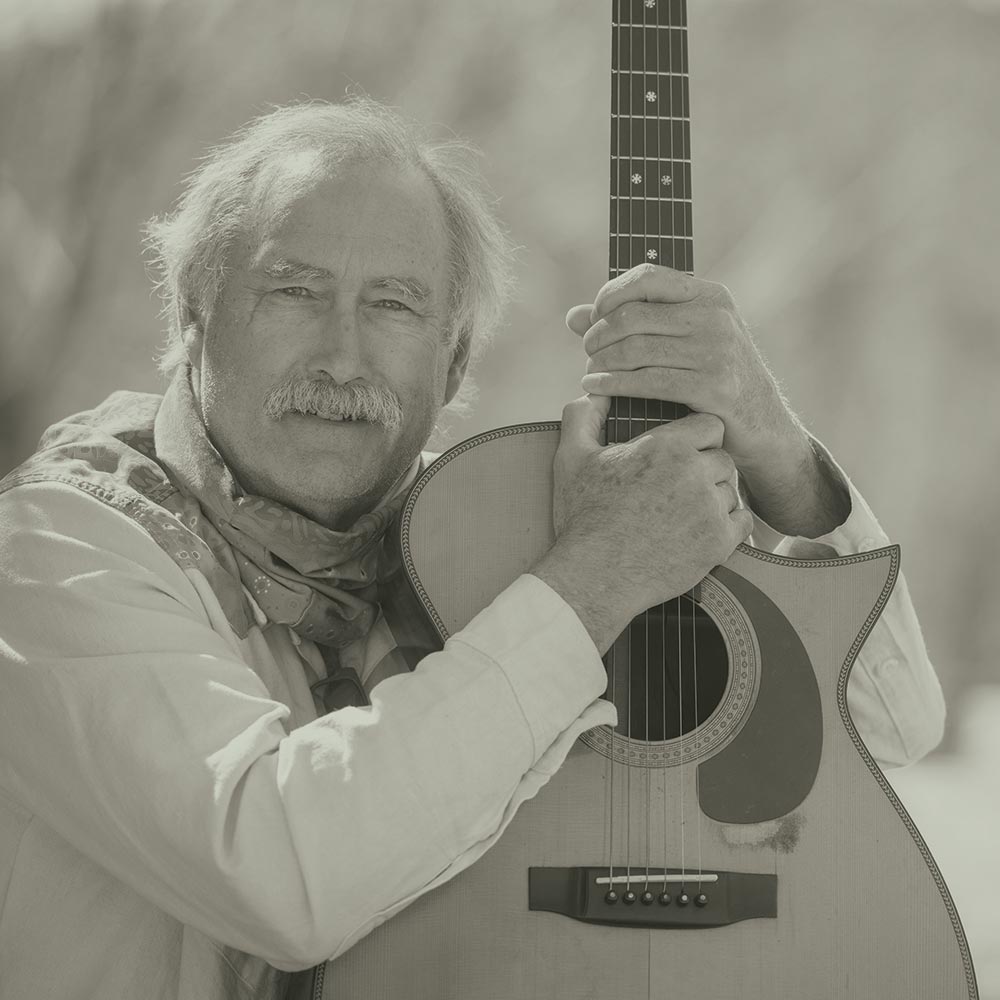
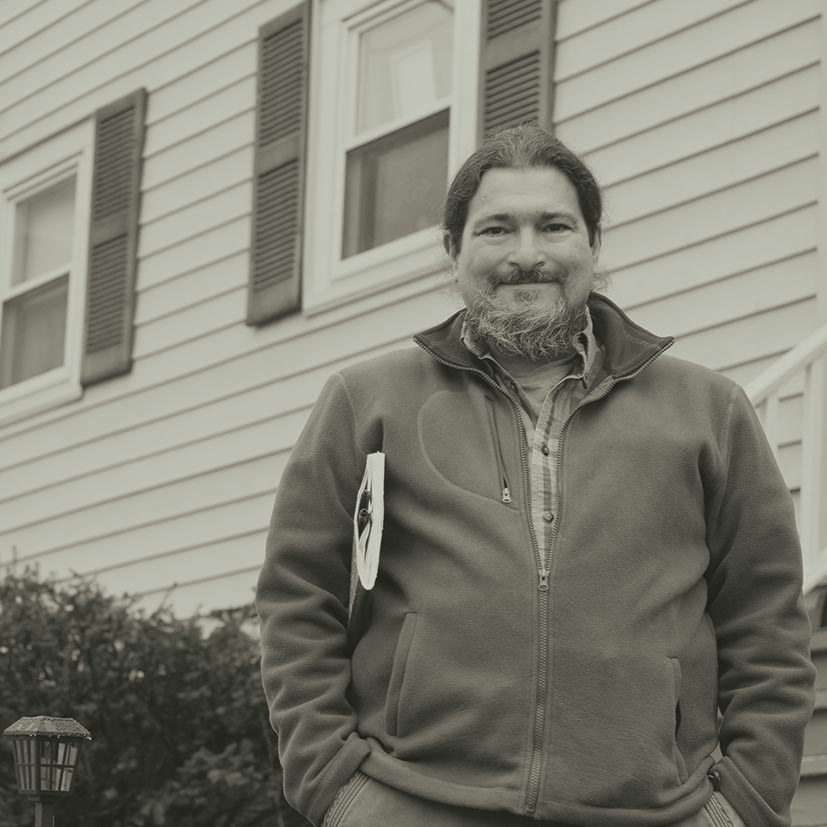
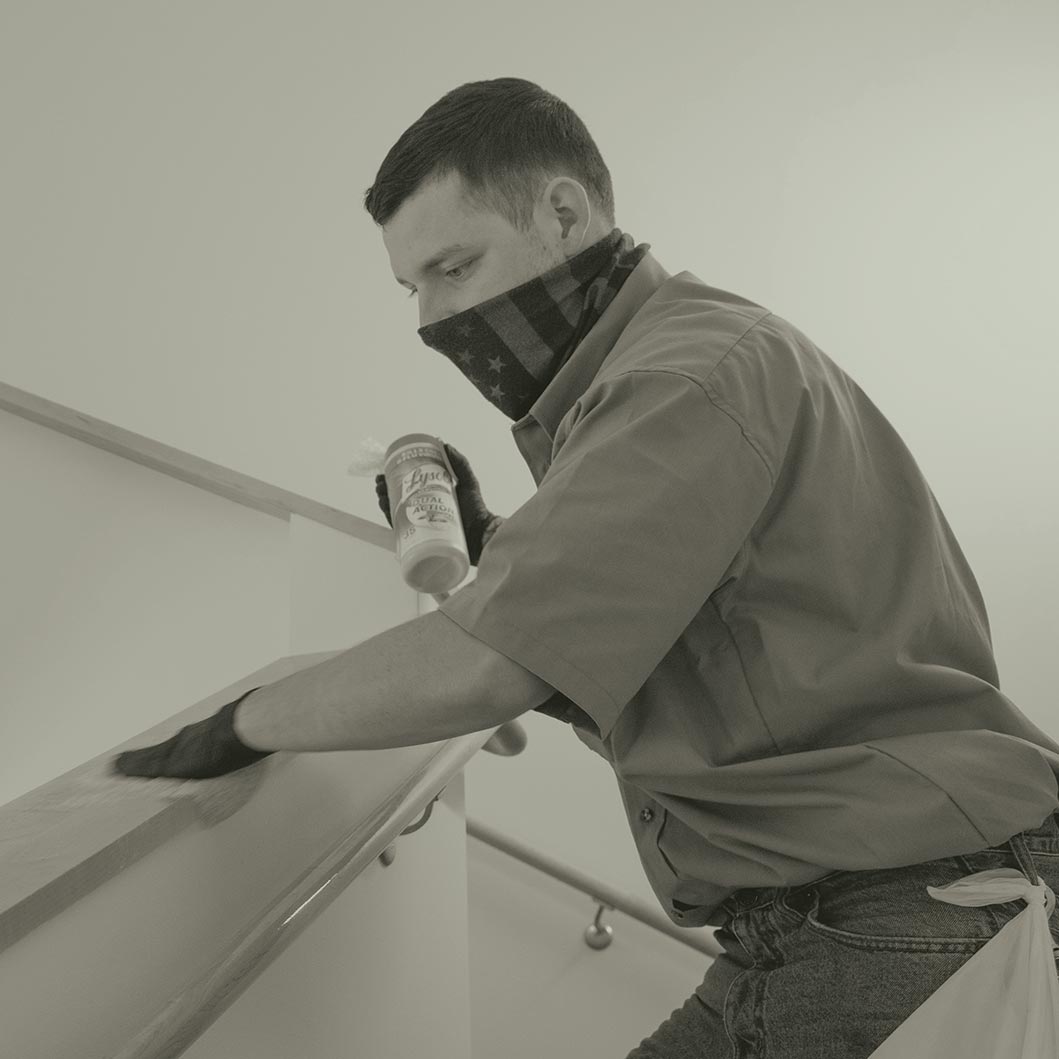
2020
ANNUAL
REPORT

2020 ANNUAL REPORT
CONTENTS
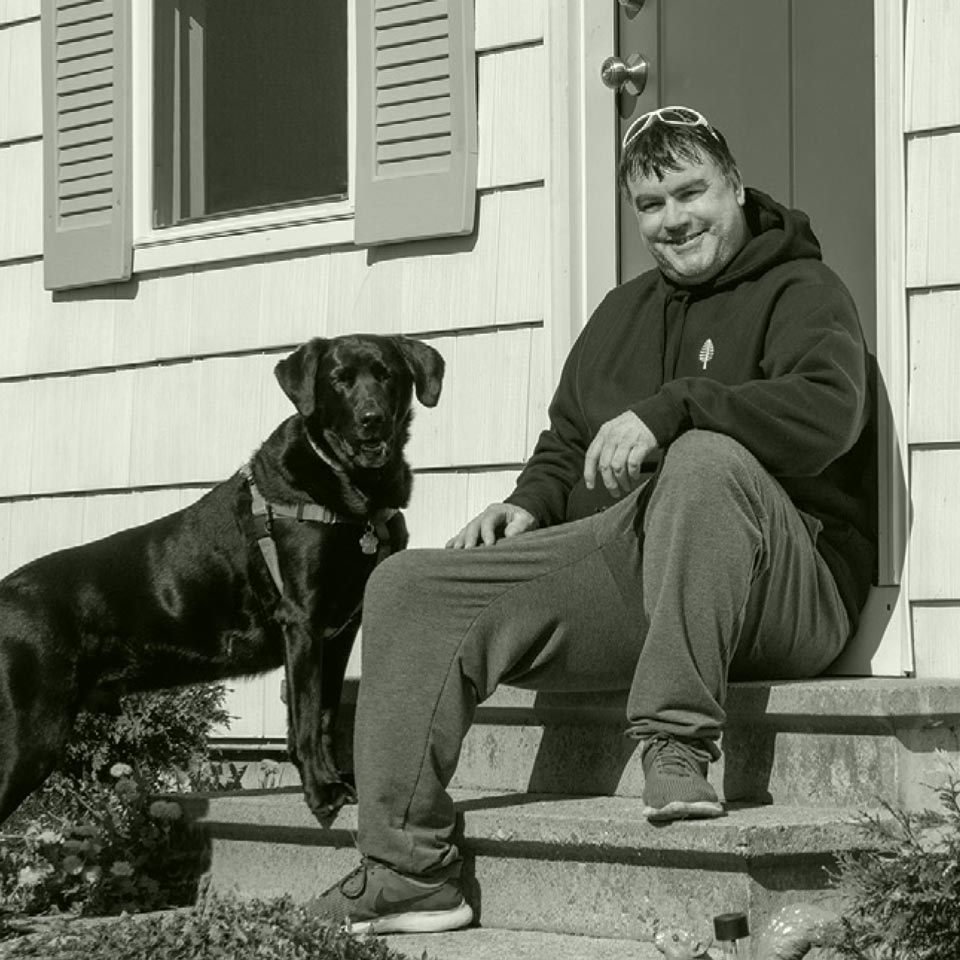
‣ Access to Homeownership
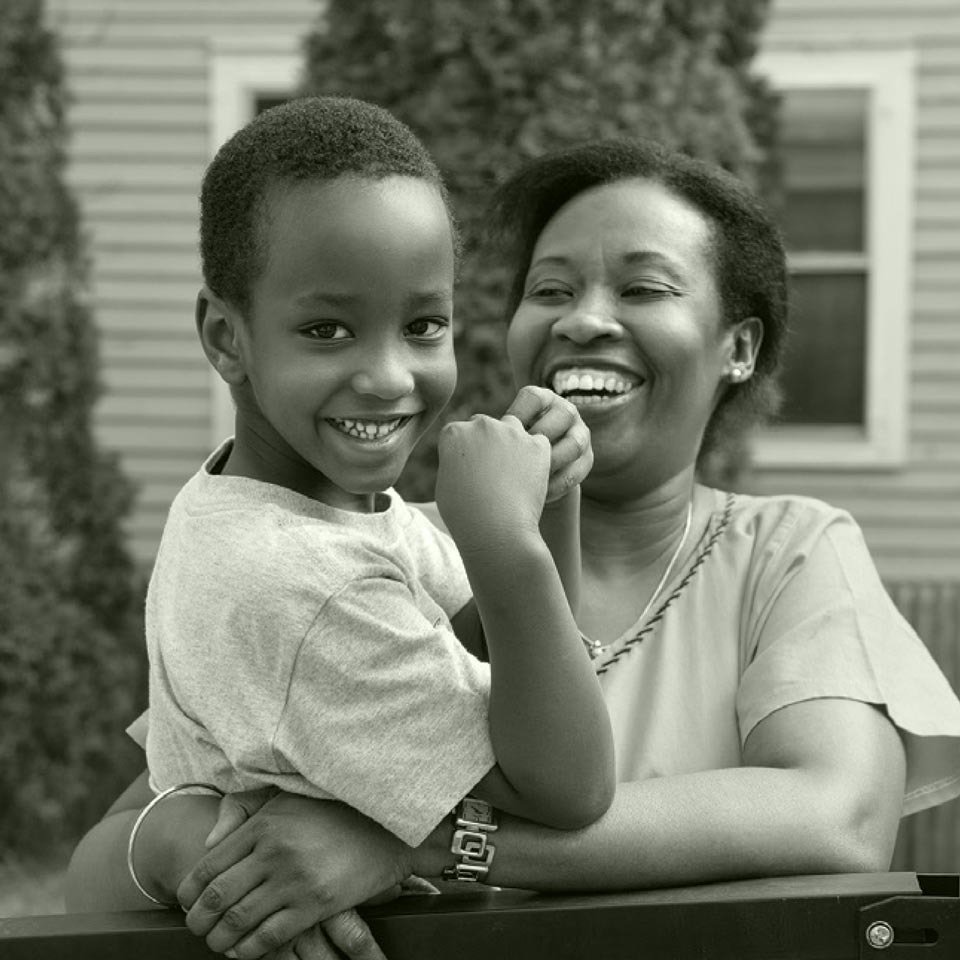
‣ The Power of Community
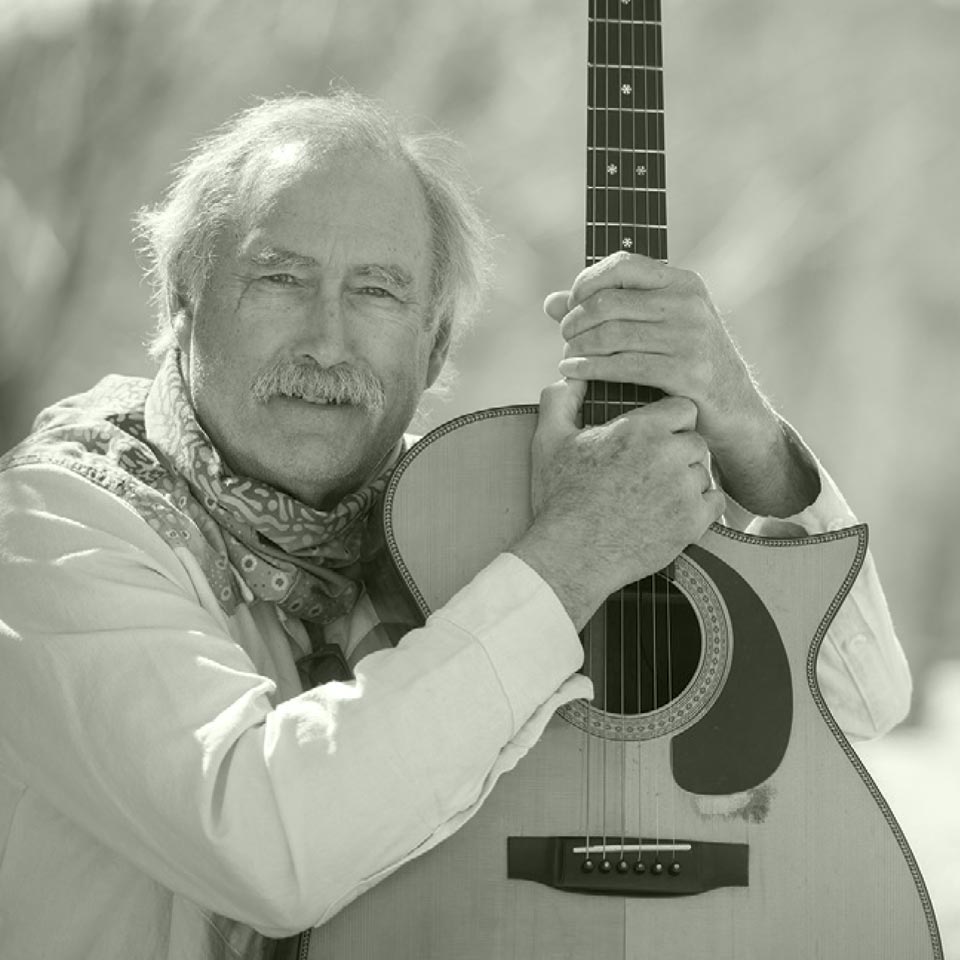
‣ The Power of Connection
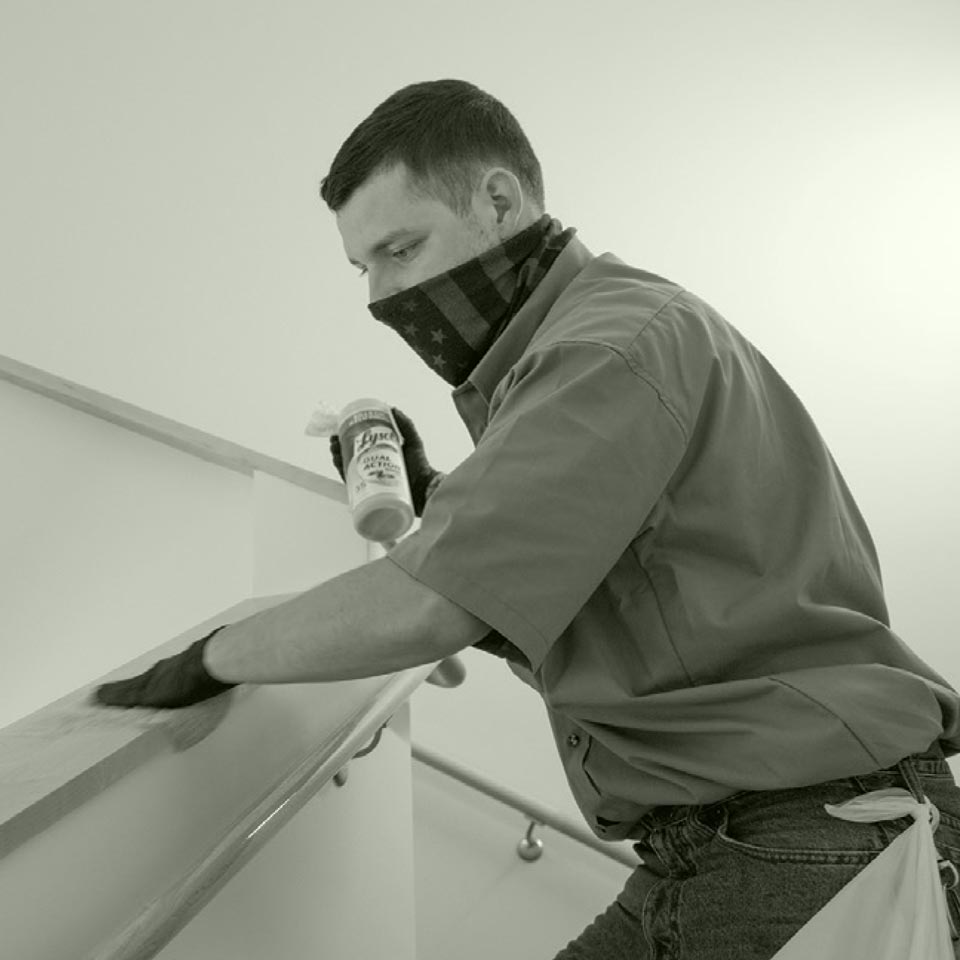
‣ Property Mangement Through Covid
A NOTE FROM OUR DIRECTORS
Opportunity and Impact
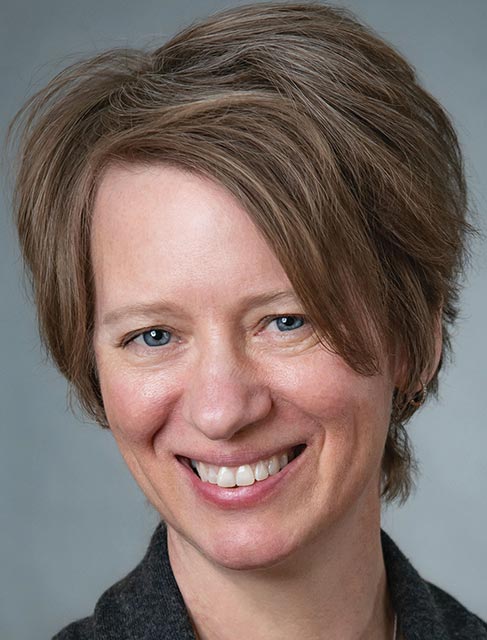
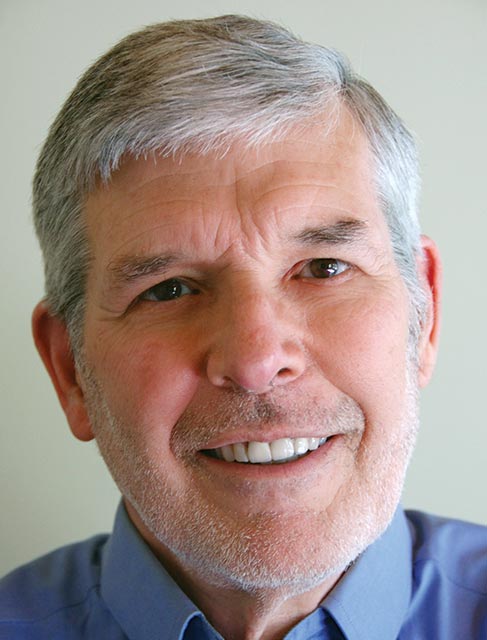
Dear Housing Trust friends,
What does it mean to ‘meet the moment?’ This is a question that we asked and answered many times during 2020. In every instance it meant stepping forward in new ways to fulfill our mission in a rapidly shifting and tumultuous time. It meant exploring the very outer edges of our capacity, expanding our comfort zone and accelerating our pace beyond our established rhythms. It was both challenging and transformative. By thinking differently about our work, we made giant strides forward in providing excellent housing services and creating over a 115 new housing opportunities.
Some highlights of the year include Travis Tarbox, the youngest member of WWHT’s maintenance team, volunteering early on to take all the emergency “on call” shifts that required entry into people’s homes. He felt that he was the least at risk and wanted to protect his team while continuing to be responsive to emergency issues for our residents.
Ginger Guadette and other members of the property management staff helped residents navigate the complicated process of applying for emergency rental assistance and avoid a financial crisis that could destabilize their home.
Tara Brown led the Green Mountain Home Repair team in doubling their impact by adding a whole new program to help private property owners repair long vacant apartments or create new apartments. In just three months, this resulted in 59 new apartments, many in the more rural towns throughout our two-county region.
Pete Paggi & Betsy Hall worked at breakneck speed to transform the Dalem Chalet in West Brattleboro from its former use as a motel to our second permanent supportive housing community for folks experiencing homelessness. Now, there are 27 permanent homes at “the Chalet” with onsite supportive services provided by Groundworks Collaborative.
Working with Equity Solutions, we also commissioned an in-depth report that solicited feedback from our residents on their experience of living in a WWHT home. We explored our residents’ experience from a variety of lenses including generational poverty, racial equity, accessibility and gender. We also sought to understand how we can help facilitate community building among our residents and foster a strong sense of connection and belonging. This feedback will form the basis of our resident engagement efforts in the future.
More than anything, meeting the moment meant being part of an extraordinary local and state-wide effort to address the most pressing needs for new housing in our communities and to ensure that current residents continued to experience housing stability during the pandemic. Policy makers, funders, local organizational partners, donors, WWHT board members and staff all had an important role. We met with one another from our living rooms, kitchen tables and basement offices, using technology to connect, plan and roll out new programs. We are so proud of what we’ve accomplished together. Thank you for your part!
With gratitude,
Executive Director

Board President

HOMEBUYER PROFILE
Access to Homeownership
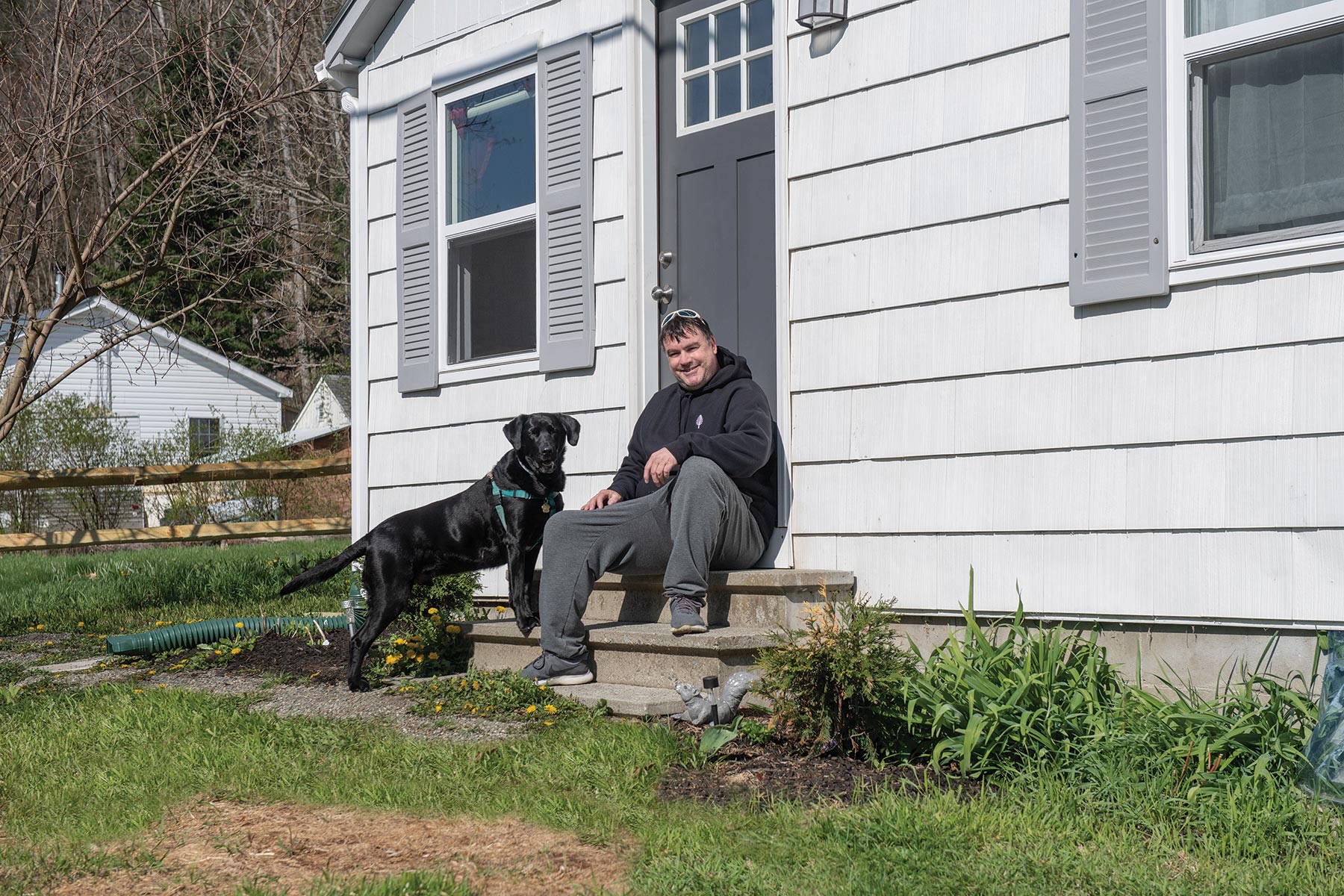

The course and the counseling – they were invaluable. It taught me things I never would have been able to find out on my own.
James had been renting apartments in the Hartford, Vermont area for 15 years when he decided that 2020 would be the year to pursue his dream of buying a home.
He was thinking of buying a piece of land and a Vermod modular home when he enrolled in the Homebuyer’s Education course in July and started weekly meetings with Kayla, his WWHT Homeowner Specialist. Over time and exploring more options, James expanded his search to include existing single-family homes. He applied for, and received, an affordable USDA loan, and — with Kayla’s help — found a realtor he clicked with. It was a long process made even more difficult by pandemic-related delays and complications, but on December 31, 2020, James closed on a two-bedroom house in White River Jct.
James recalls what motivated him to start looking. “Living in an apartment building close to other tenants isn’t a lot of fun, and I’ve had some difficult neighbors over the years. I was tired of pouring money into rent. I wanted a place of my own, that I could take pride in.”
His landlord referred him to the WWHT Home-ownership Center to pursue a USDA loan. When James was informed he had to take a homebuyers education course and meet with a counselor, he says he was skeptical. But as he got deeper into the process, his skepticism was replaced with gratitude and relief. “That ended up being the best thing that could have happened. Being a first-time homebuyer is intimidating, and at times, completely overwhelming.
I don’t know how people do it on their own. The course and the counseling — they were invaluable. It taught me things I never would have been able to find out on my own.”
The pandemic made everything harder. “There were issues every step of the way, and everything was magnified because of Covid,” says James. “There were issues with permits, with the town, with small things like scheduling an inspection — everything got delayed, postponed, dragged out. It was a real roller coaster ride.”
James consulted with Kayla at every step and before every decision, wanting to understand and weigh all of his options to the fullest extent. Utilizing a USDA loan can come with a lot of paperwork and property requirements, but James never became discouraged. “It really helped having Kayla to talk to every Friday. She is very knowledgeable, and so helpful and kind. As something new would come up, we’d deal with it and move forward. I can’t say enough good things about her.”
James was able to work with the sellers to get some necessary repairs before they handed over the keys. His new home is on a quiet street, just seven minutes from his job at Dartmouth College. “I love it, it’s perfect for me. I’m coming up on 50, and I’m hoping to retire and stay here. The feeling of contentment, and pride that comes with owning my own home — it’s second to none.”
RESIDENT PROFILE
The Power of Community
Dora came to Vermont four years ago to attend the School for International Training. After earning a master’s degree in Peacebuilding and Conflict Transformation, she accepted a job with the Community Asylum Seekers Project, and moved into an apartment on High Street in Brattleboro.
“It was really expensive. I wasn’t making that much, and my monthly rent ate up almost all of my paycheck. Then a friend who bought a house through WWHT told me about their rental properties.”
Dora filled out an application, and less than six months later, she and her young son moved into a two-bedroom apartment on Oak Street. “It was the answer to my prayers. When I saw how affordable it was — I’m paying half of what my rent had been. It’s just the right size for us, and it’s all the space we need. It’s on the first floor, and I like that. We have a small playground for kids, which is really wonderful. I love the porch — I was wishing for a porch before we found this apartment, and now we have one.
“The way they processed my application, with such kindness — they were so helpful. They are all wonderful people. Now, I am able to pay rent, buy food, pay my expenses, it’s really been life-changing.”
When WWHT approached Dora last year to become a resident board member, she did not hesitate. “I couldn’t say no,” she says. “When I saw how they have changed people’s lives, I wanted to be part of this team.
“The building I live in is a single-mom building. Some have grown kids, some have little ones. We’ve built a connection. We help each other with child care, we have play dates. Our kids know each other. Where I come from in Africa, there is a very strong sense of community — your neighbor is your brother and your sister. That is how I live here. I want to do what I can to make our community better.”

it’s so good.

As a person of color, Dora is also happy to be part of the board’s REDI committee, and is encouraged by the work the organization is doing to promote diversity and inclusion. “They are doing a great job, but that doesn’t mean we are one-hundred percent where we wish to be. I would love to see more people of color benefiting from WWHT. I would like to see their properties including more people of color. I would also like to see more education around the issue of homeownership, to make services and information more accessible to everyone. It is hard to cope with racism, when you live it on a daily basis. This initiative gives us an opportunity to talk openly — to get things off your chest — to talk about what worries you. I am very thankful to Elizabeth for taking the lead. There’s so much we can do on an individual level, if we are willing to change. Being part of a group that is committed to making things better, it’s so good.”
Dora knows what it means to change lives — it is part of her job description. As a case manager for CASP, she finds local host homes for individuals and families seeking asylum, and helps them with basic needs as they resettle in the community. She would love to see a partnership between the two organizations. “WWHT did such a great job during the pandemic providing shelter, I would love to be able to use them to help our asylum seekers. I know how difficult it is to settle in a country without speaking the language, where you don’t know anyone. Helping so many people become independent, it is so rewarding. It is such a blessing for me.
“I am so grateful for the opportunities presented by WWHT, for their support of our community, and for making it better. I wish everyone could know about Windham & Windsor Housing Trust.”
RESIDENT PROFILE
The Power Of Connection
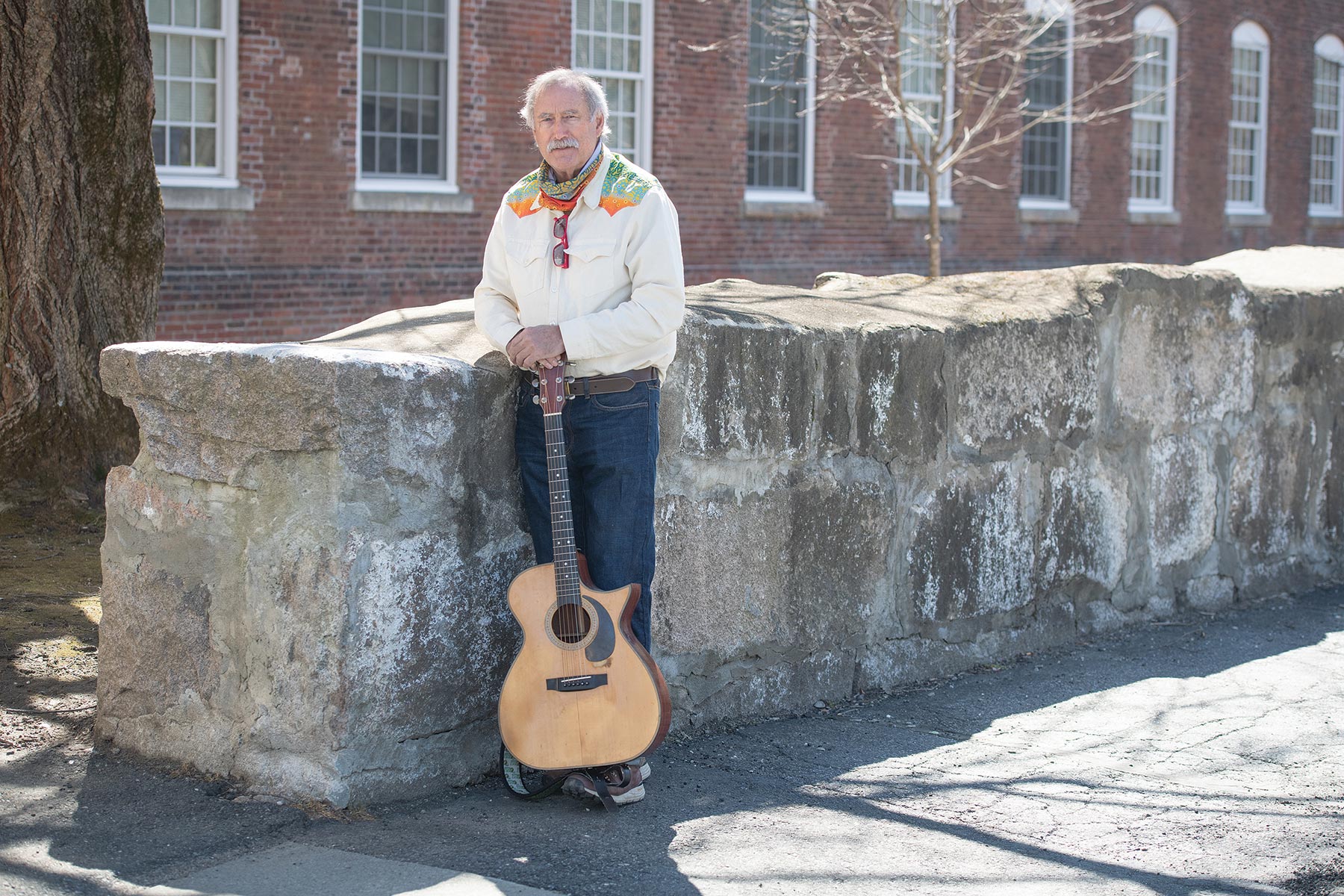

Windsor Village resident Arthur “Davey” Davis has stories to tell.
A musician and songwriter, photographer and poet, this seventh generation Vermonter grew up on a farm in Brownsville, not far from his current apartment. He has a deep love of nature and the outdoors, and that passion is reflected in his music and his art. Davis has amassed an impressive archive of music videos over the years utilizing the resources of Windsor Area Community Television. It wasn’t until the Covid pandemic forced everyone into isolation that Davey realized the need for his own internet connection. He reached out to SASH Coordinator Molly Bennett for help. Molly was able to get Davey set up with Comcast through their Internet Essentials program. Davey is now able to manage his YouTube Channel from his own home.
“First of all, it’s been good to have internet access as another safety measure,” says Davey. “But it’s been great to be able to put my videos on YouTube. Molly really helped me big time. I wouldn’t be able to do this otherwise. I don’t have a television — I’m not a fan overall — but having the internet has really opened up new possibilities for me. So I’m grateful as heck.”
In addition to showcasing his original music and photography, Davey’s YouTube Channel features interviews with Olympians, fellow musicians, and all sorts of other characters he’s met along the way. “I spent thirty years or so doing interviews for local Windsor On-Air,” says Davey. “I used to do a lot of things musically. I also like to take photos. There’s a reflection in nature that shows us there’s more than what we’ve been conditioned to see. I’ve been posting a lot of music. I like to post one new video a week with original music.”
“I always wanted to be a musician,” he recalls. “I was 27 when I bought an eight-dollar guitar while traveling on foot in Central America. Learning-wise, I was challenged — I think I was on the spectrum when I was younger. I never really studied. So I started playing what I felt. It’s been a wonderful ride.”
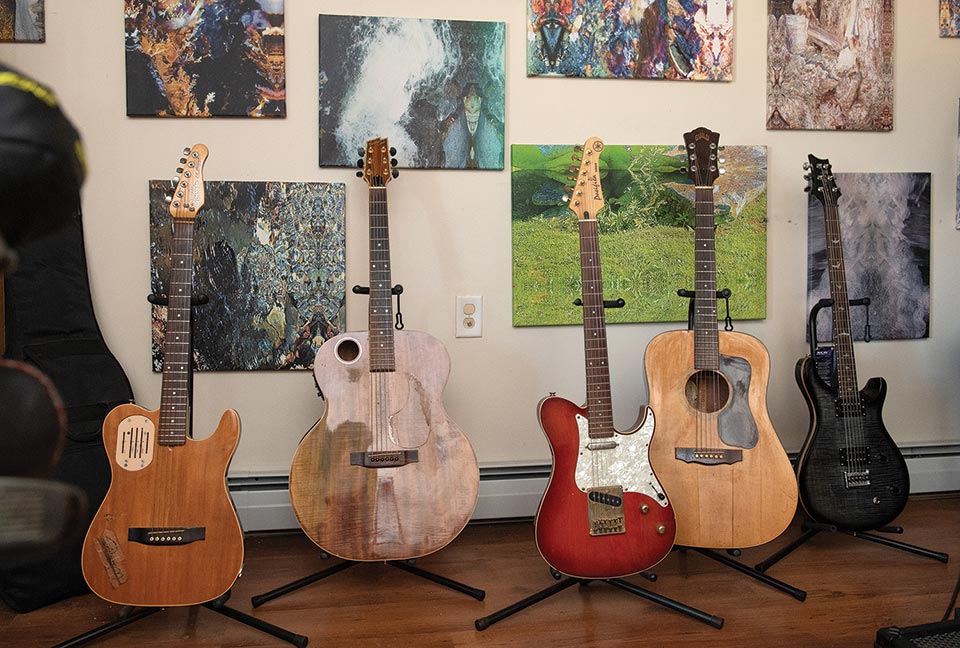
People are able to live comfortably and affordably, in this really wonderful community.
A cousin of Vermont’s legendary Cochran ski family, Davey too is called by the mountains. He’s worked as a ski instructor, a fly-fishing guide, and a trail builder, among other adventurous occupations. “I’ve spent a lot of time on Mt. Ascutney — growing up it was my backyard,” he says. “I’m kind of an outdoorsy person. I get out as much as I can. I think we need that balance — it’s good for the sanity.”
During most winters Davey enjoys back country skiing, but a knee injury kept him off the trails this season. His internet connection came in very handy during his downtime. “While I was laid up I wrote a screenplay,” he says. “I’m doing a documentary on Chateauguay, a wild, more or less abandoned, stretch of woods in Central Vermont. I was able to do some research, and watch some documentaries for inspiration.”
Even with the restrictions presented by Covid, Davey says he’s gotten everything he needs from the SASH program. “I cook for myself, and I eat pretty well. I’m probably better off than most, my physical health is good. A lot of people are hurting way more than me.”
He says he feels fortunate to live in Windsor Village, so close to where he grew up. “Windsor is a remarkable little town. It really hasn’t changed much since I was young. There is so much here — ponds, the river, the hospital. I love that there’s a community library here. It’s really nice.”
He recalls when Windsor Village housed a different group of residents. “I remember seeing this place when it was a prison. I think it’s a marvelous thing what they’ve done here. It’s a hard time for a lot of people — a lot of people are struggling, and it’s just remarkable what they’ve created here. People are able to live comfortably and affordably, in this really wonderful community. I like it very much, and I’m very appreciative.”
PROPERTY MANAGEMENT
Property Management Through Covid
Adaptability and resilience — these are the indispensable qualities that powered WWHT’s dedicated Property Management team through 2020. In the face of the Covid pandemic and its economic fallout, the department found itself suddenly operating in a Twilight Zone of shifting rules, restrictions and protocols. From maintenance staff, to leasing managers, to supportive services, the department soldiered on, continuing to provide their essential services, shifting gears when necessary to solve problems, manage issues they had not faced before, and supporting the residents throughout.
Supporting Through Uncertainty
Last March when the world shut down renters were faced with frightening questions: how can I pay rent without a job? How can I homeschool my kid while keeping my job? How can I support my elderly parent without visiting? How can I engage in my community without direct interaction or without internet access? How can I access health? For many residents of WWHT properties, the financial repercussion of the pandemic compounded an already fragile existence. Tenants with existing insecurities now faced job losses and deepened financial hardship, and couldn’t pay rent. Some had taken on other family members, and had higher costs for grocery bills and other living expenses.
Our Property Management team has been addressing these unnerving questions with reassuring dependability. Maintenance Supervisor Morey Page and his staff stepped up to the front line, meeting the needs of residents with adaptability, grace, and no small amount of courage.
“At the very beginning, it felt very scary for all of us,” recalls Page. “Others were working from home, but that’s just not an option for those of us in maintenance. Now it’s just another day to us.”
On top of addressing routine and emergency needs of the properties and residents, the maintenance team is at every building every day making sure common spaces and surfaces are safe and sanitized.
Ginger Gaudette and Birgitta Johnson worked closely with residents as they accessed and administered nearly $200,000 in rental relief funds. “It was stunning how many tenants applied for rental assistance,” Johnson says. “It seemed like 90% of the people we reached out to took advantage of the program. It was really an opportunity for anyone who was struggling financially.”
“I found early on, the only way I could be successful was to touch every single person with every application. Birgitta’s first month here, I think that’s all we did.” Gaudette shared. “Between July and December, we applied for $203,000, and received $193,000 in rental relief funds for tenants. If someone had a question, they would show up to our office because they knew someone would be there. We weren’t able to meet inside for safety reasons so we’d meet outside.”
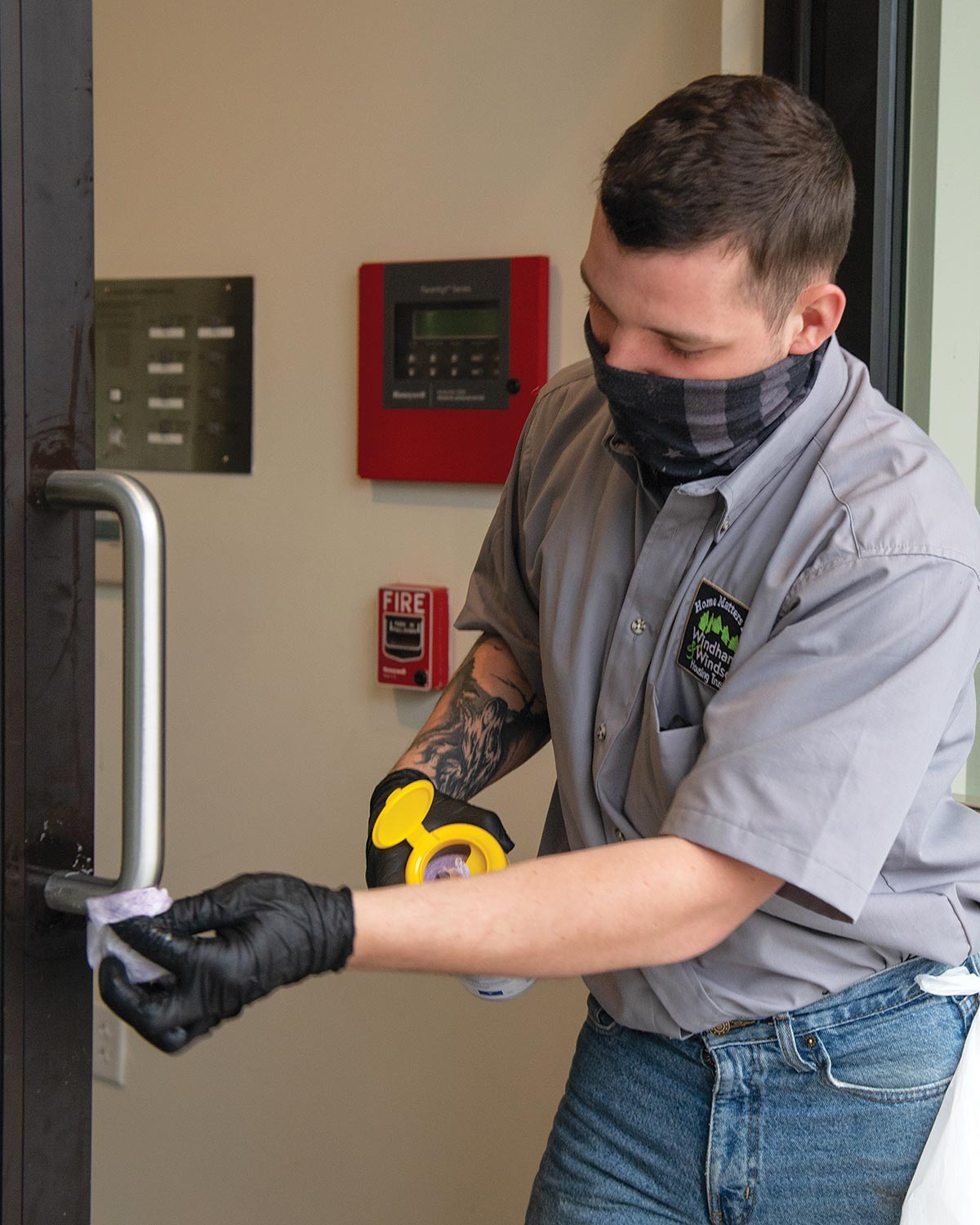
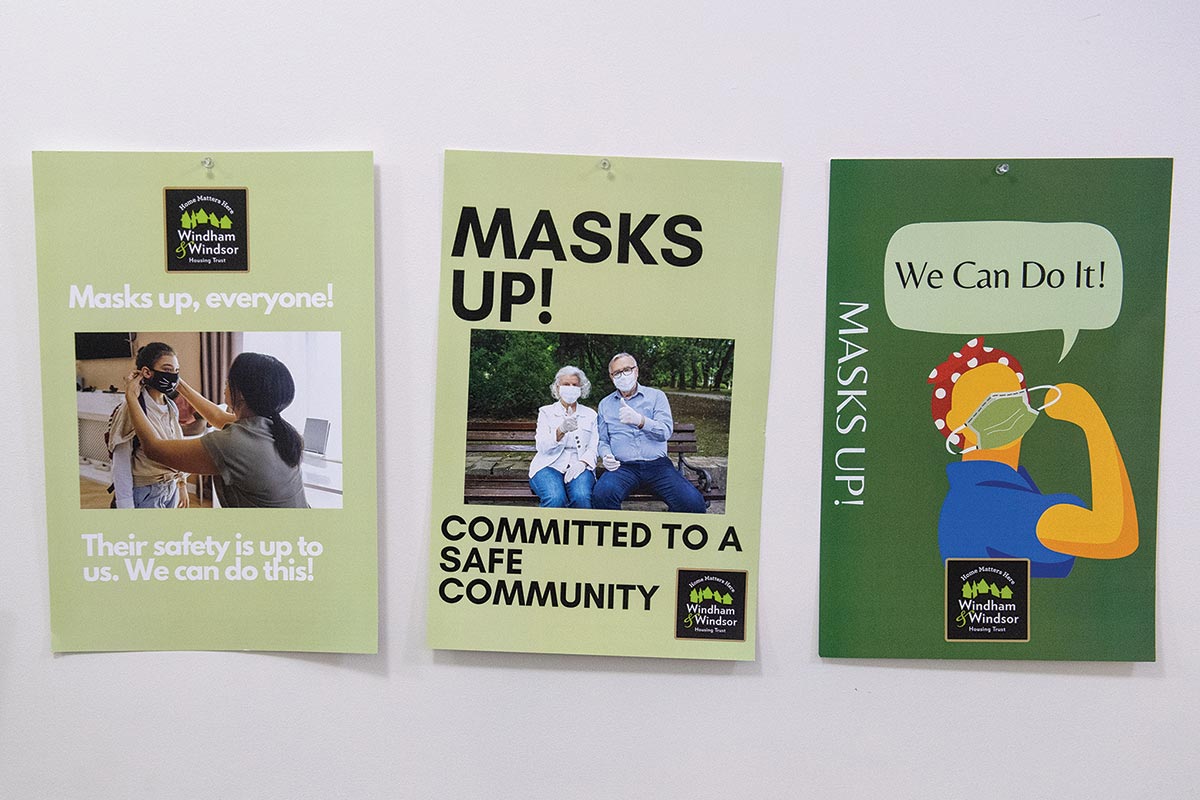
We’ve been able to bring in building-wide WiFi, and purchase Chromebooks for our residents’ use, which has given them access to telehealth, virtual support groups, and family Zooms.
Health Access and Isolation
As critical as rental relief funding has been, financial stability is just one aspect of many for a community to thrive. By October, when the new Director of Asset and Property Management Bob Crego came onboard, people were really struggling with isolation and other issues. “Birgitta and I went over our rent roll together and identified at least 100 of our residents who had some sort of insecurity — financial, food, mental or physical health — that was made worse by Covid. We’ve been able to link these residents with support services they need through partner organizations. We’re also looking for ways to support more resident engagement and community building. It’s something we’re prioritizing this coming year.”
The Support and Services At Home (SASH) program, an intrinsically interactive program, came across the real challenge of adapting to remote support but also found innovative ways to work around isolation to support participants. “Not being able to congregate has had a significant impact on much of our programming,” Molly Bennett, SASH Coordinator said. “We were able to start up our monthly blood pressure clinics again in November, with residents coming in one at a time. We also offered a Covid vaccine clinic. But activities like Bone Builders, cooking classes that talk about nutrition, Bingo nights, even just watching movies together — none of that can happen right now.”
Technology was providing a way to stay connected with the outside world and with each other, but came with its own revelations about internet access disparities.
The creative use of CARES Act funding has allowed Bennett and the SASH program to make some positive changes toward residents’ health and well-being. “We’ve been able to bring in building-wide WiFi, and purchase Chromebooks for our residents’ use, which has given them access to telehealth, virtual support groups, and family Zooms. Older adults aren’t always super tech-savvy, but it’s been pretty interesting to see their willingness to embrace technology. I think that everyone across the spectrum is realizing that we need to tap into technology if you want to access the world right now. Now I have people calling me asking for internet access.”
Bennett is hopeful that spring and summer will bring a return to some of their programming, as long as it takes place outside. “At Windsor Village, we have a community garden. We’ll be able to get back to that. I also want to do a walking group, just to get people out and about.”
Bob Crego says adaptability has been the key to survival, and praised the entire staff for their efforts. “Molly has made a special effort to have an open door policy, and to stay connected to residents. She’s been very hands-on, and is doing a great job keeping a handle on what people are going through. I know Ginger has really gone above and beyond, helping with the social services piece. With the units we have, plus the Chalet units coming on, there are 400 units she’s handling herself.
Birgitta is new to the job, and has been super adaptable. The same goes for the maintenance staff — Morey’s team is doing an outstanding job. Even though he may say it was ‘business as usual’ it wasn’t — it was hard. It just feels like a very tough situation being held together by a really competent, dedicated staff. That’s just the type of people they are.”
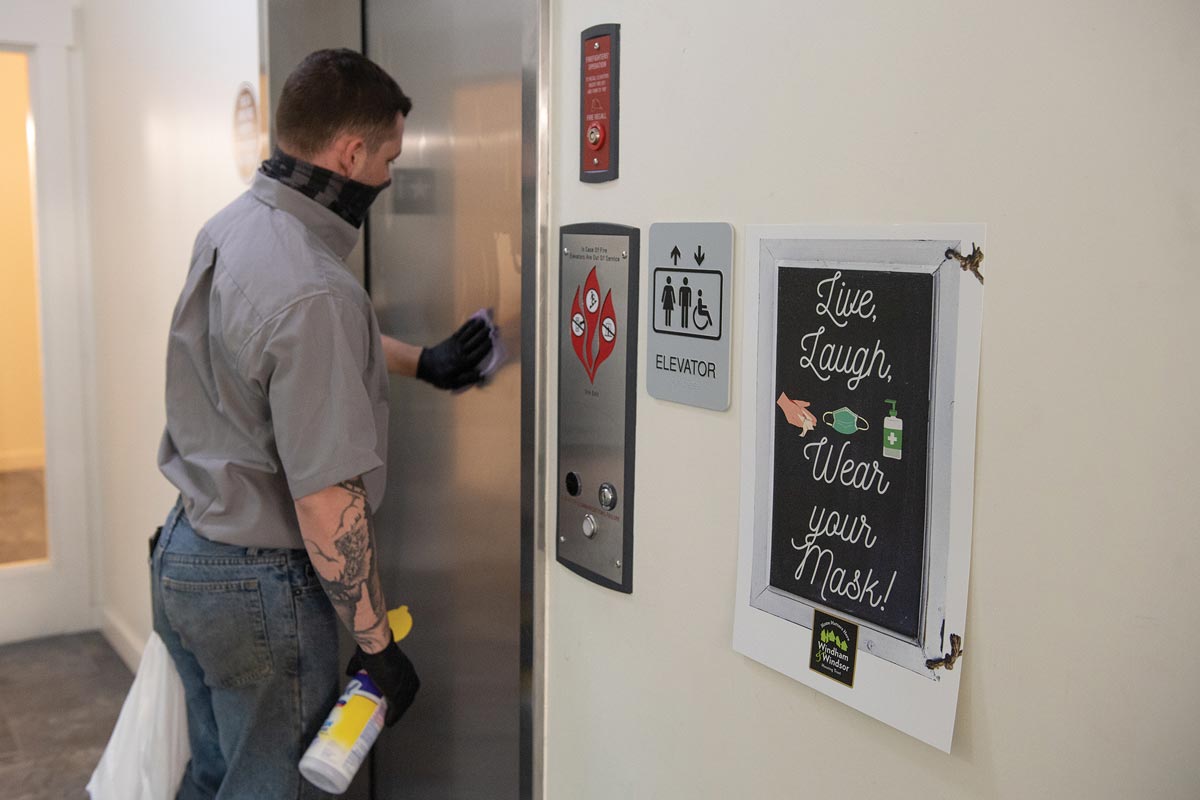
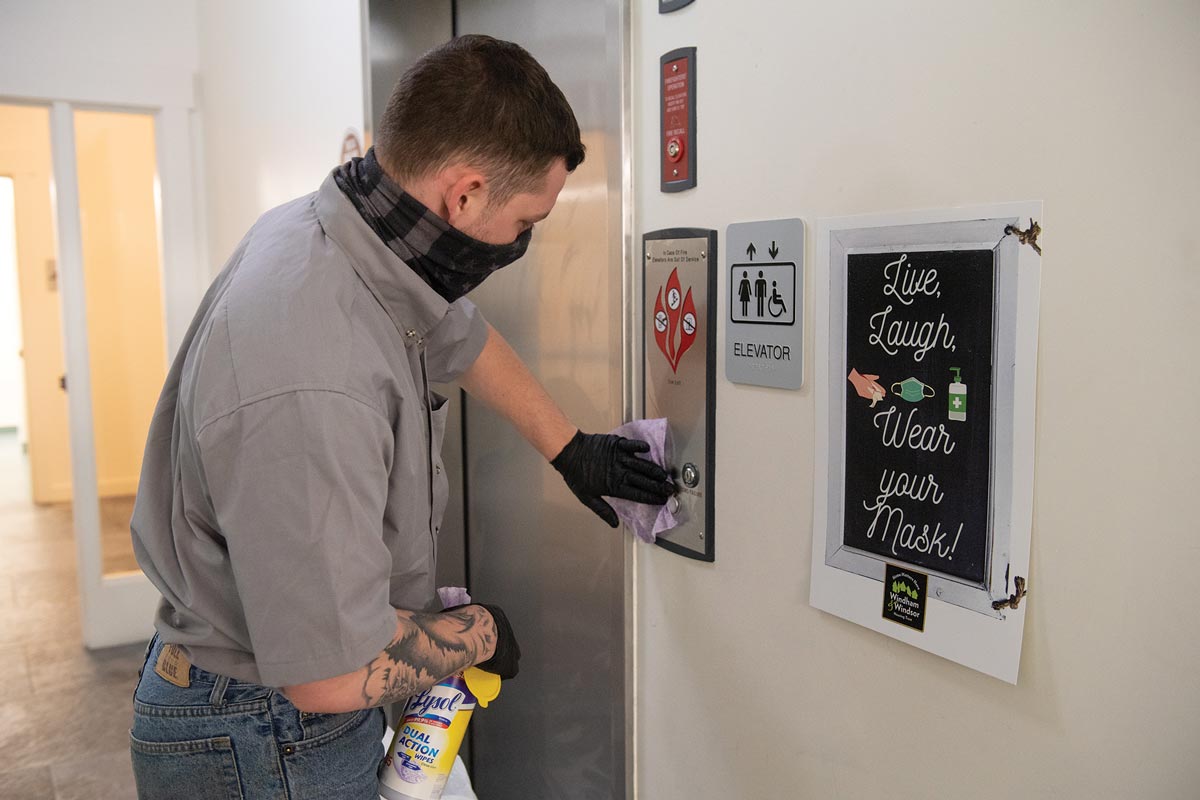
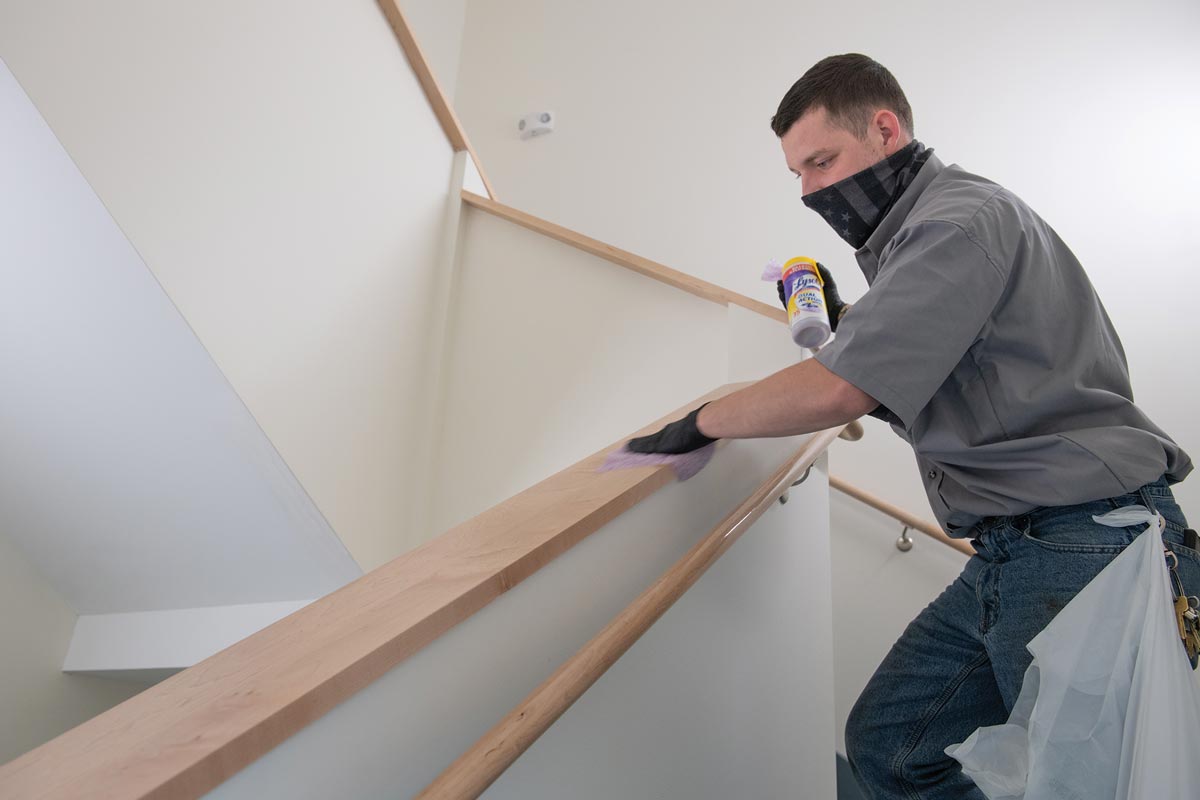
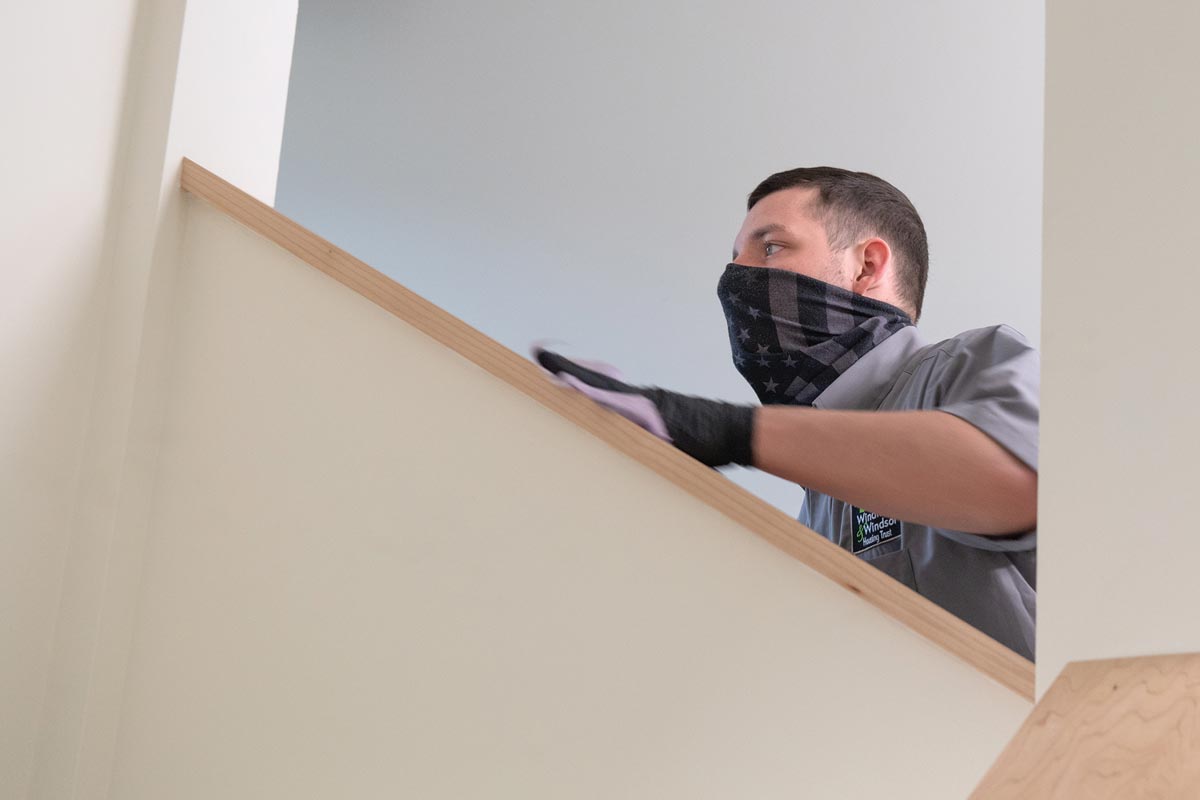
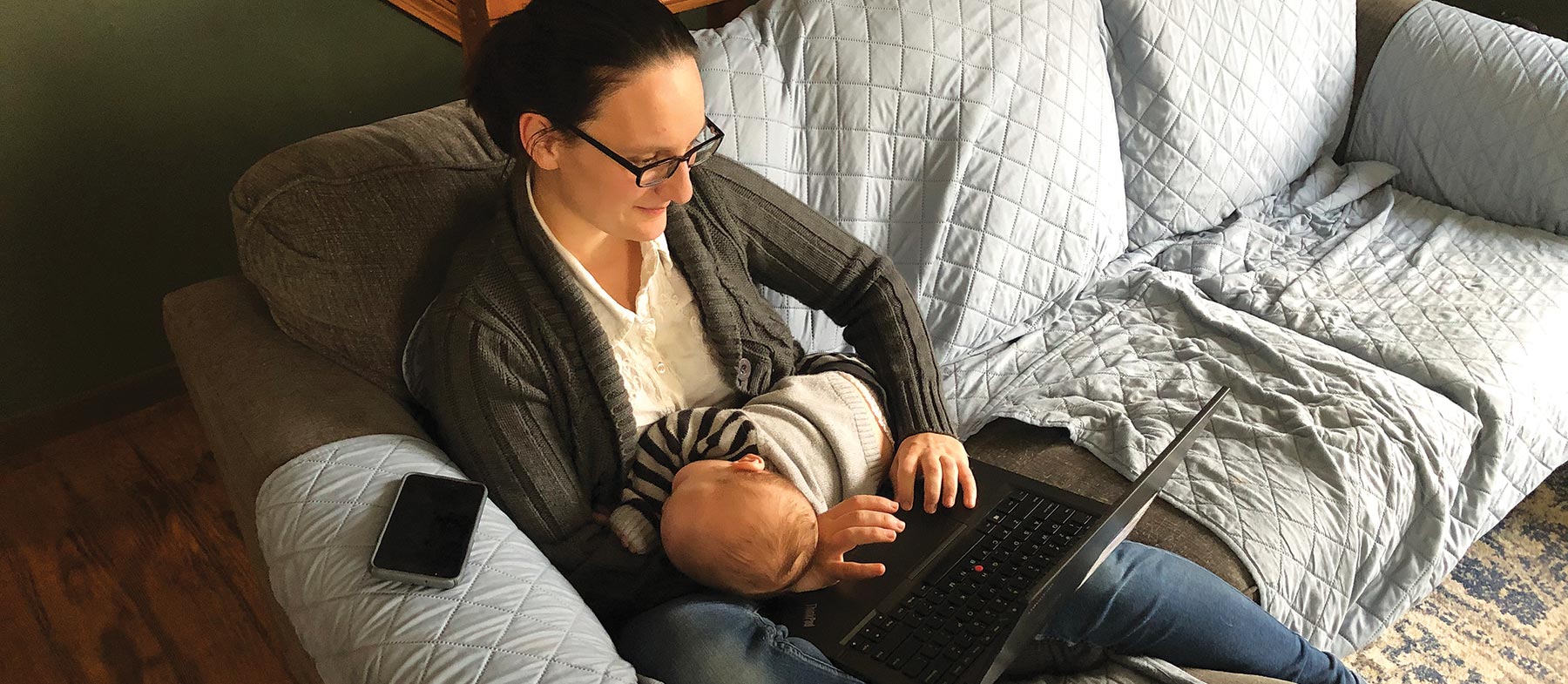
SUPPORTING
HOMEOWNERS and PROPERTY OWNERS in 2020
In an ordinary year, the staff of the WWHT Homeownership Center (HOC) does life-changing work, helping people navigate the complex journey to homeownership as well as the costly and often overwhelming process of home repair and maintenance. Their services include homeowner education, low-cost loans and financial assistance, expertise and advocacy. In an ordinary year, the need is great and the demand is high. But this was no ordinary year.
This was the year that a global pandemic halted daily life as we knew it, with its routines, office protocols and camaraderie — and ushered in a new normal.
From a complete pivot to remote work; to re-imagined ways of communicating with, educating, and supporting homebuyers; to standing up brand new programming, including the fast-paced Rehousing Recovery Program and the Rockingham Rental Rehab Program, the HOC Team’s efforts throughout 2020 were nothing short of heroic. And as if all of that wasn’t enough, Vermont’s already tight housing market became a hot commodity for out-of-state buyers with cash in-hand, snapping up properties sight-unseen and making it tough for first-time buyers. The Homeowner Specialists stepped up, conducting hundreds of counseling sessions over the course of the year, helping folks navigate an extremely competitive market and identify all of their options. With each new challenge this pandemic revealed, the HOC team found opportunity and ran with it. Their efforts have had a tremendous impact.
Beginning March 16th, as Vermont reported its earliest cases of COVID-19 and the Governor started closing things down, Windham & Windsor Housing Trust took the proactive measure of closing its offices to the public, sending staff to work from home. What this meant for the Homeownership Team was an instant transition to remote work, rewriting job descriptions, learning new protocols, overcoming technology hurdles, and adopting a “learn-as-we-go” approach.
So, what was it like providing these essential services during a pandemic? Key HOC team members share their perspective on a year like no other.
Jerry Freeman
Housing Rehab Specialist
Home inspections, whole-house walk-throughs, construction oversight, HUD compliance ![]()
“Initially it was quite a shock. I had a setup that was very office-centric. To suddenly have to work remotely took some time to figure out. Under the category of one day at a time, you do what you need to do. We came up with new guidelines and protocols, and by May or June I felt like I was pretty well set up. It was quite a process, but I have to say it all worked out fine. “For the single-family homeowners I’ve been working with, they’ve been very respectful and great about following protocols. The worst thing that happens is someone answers the door without a mask.
“There’s a saying…adapt, improvise and overcome. That pretty well summarizes this past year. I’ve learned that if you can’t do your job one way, you figure out another way. It was impressive to see how we made things work.”
Tara Brown
Lending Manager
Loan officer, eligibility, customer service, grant agreements, compliance ![]()
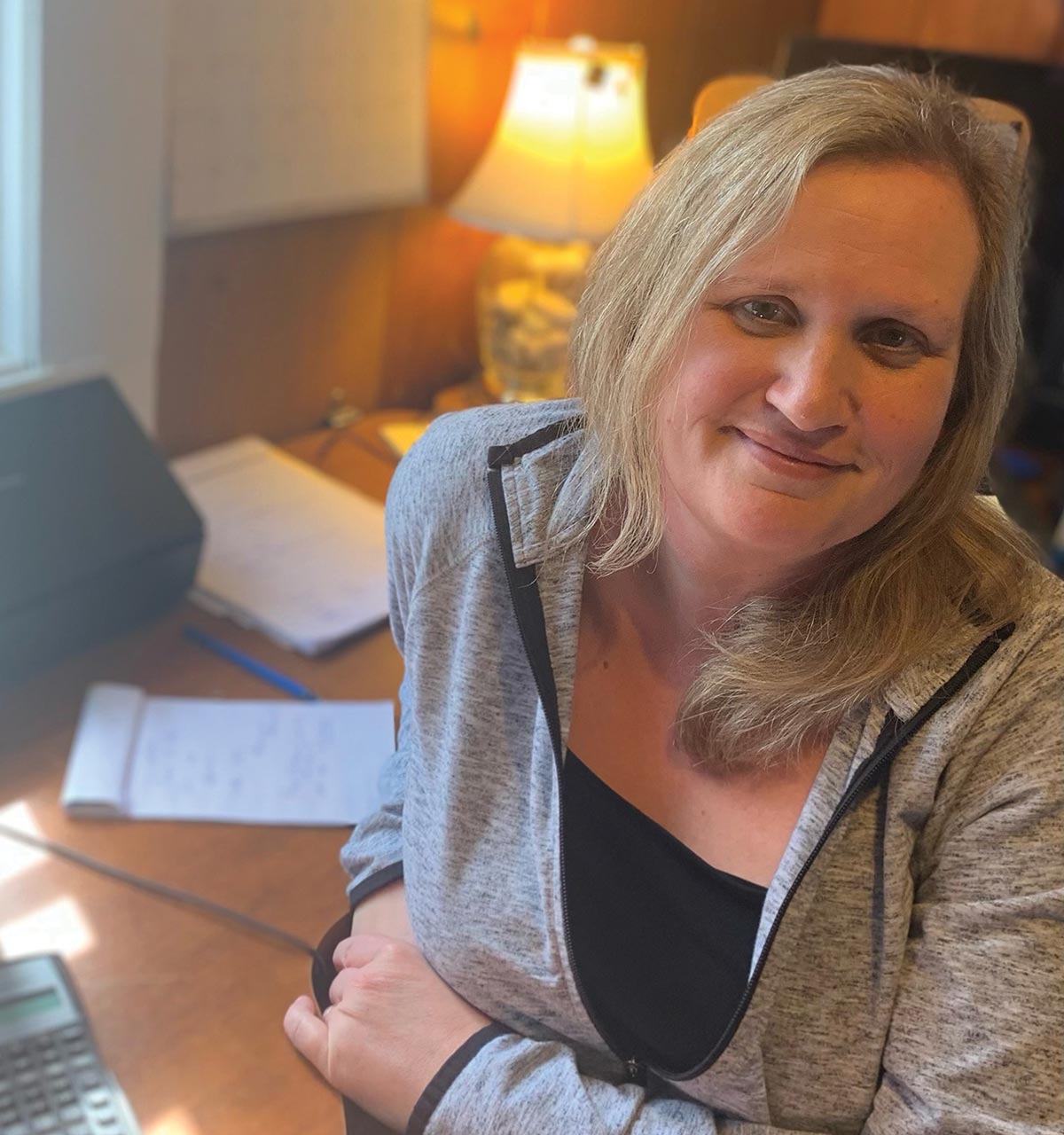
“Everything needed a workaround, especially in the beginning. The biggest challenge was ensuring that everyone was safe. Once that was established, we started to feel like we could move forward.
“Standing up two new programs tied to CARES Act funding was very challenging — and still is. First of all, fall is our absolute busiest time for Home Repair, and the three-month window for the Rehousing program happened right then. On top of that, everything takes a little bit longer when you’re trying to do it from home. You can’t just pop into someone’s office anymore. The deadline was incredibly tight to get a substantial amount of money out the door. Our customers had to trust that all the money was going to come through. People put in a lot of extra hours and had to prioritize. The pressure and anxiety levels were definitely at the higher end of the scale.
“Zoom capability has opened up some opportunities for our clients as well as our own internal communications. I can do a closing with someone in the farthest reaches of Windsor County and no one has to travel, so it is definitely a time-saver. But we also miss just having normal one-on-one conversations, that has definitely been a loss.”
Kayla Bernier-Write
Homeownership Specialist
Pre-purchase counseling, credit building, shared equity clients, homebuyers education ![]()
“I was onboarding the week after public schools closed, I don’t know my job any other way. I don’t think anyone could have anticipated the impact of the pandemic on Vermont’s housing market, with so many out-of-staters buying homes here. Helping people navigate that while trying to stay current has been a big shock to our system. Getting HUD certified was a lot of effort as well.
“I’ve talked to people across the board, and the general consensus is that the changes are going to keep coming. Local folks have a lot of anxiety — they are worried about being priced out of the market. This area has gotten really hot. It seems that claustrophobia caused by the pandemic along with low interest rates are driving more and more people into the market — they want a yard, room to work, space for their family.
“It’s always unnerving to tackle homeownership, but now more than ever. I’ve been doing a lot of strategizing, a lot of counseling — I try to connect people with the best information possible. Different banks have different rules, and even for some of our more tech savvy clients it’s been harrowing. It feels good to be able to soothe people, but I do miss the in-person aspect. People are really eager to be able to meet in-person again.”
Dave Grobe
Housing Rehab Specialist
Efficiency Vermont liaison, energy efficient initiatives, organizational partnerships ![]()
“Because of the nature of my work, I had already begun a transition to a more mobile office. At the time of the shutdown, my laptop and software had already been setup for remote work, so I didn’t have quite as much of a shock. “We have had a few homeowners putting off work. In other cases, homeowners have been slower to engage with contractors, and slower to start work. Some of that is due to safety concerns; but a lot of times it’s due to the remote requirement. Our Home Repair programs tend to have a greater concentration of older, less tech savvy people, and the technology it takes to connect and communicate can be a challenge. It’s less of an issue for younger, first-time homeowners.
“I think for the most part, people are appreciative of the services we are offering and the work we’ve been doing. We stay sensitive to people’s comfort level, and remember they are inviting us into their homes. Tara sends paperwork out in advance letting them know of our procedures, so they know what to expect. I think we are coming across as very conscientious.
“There are some new practices that definitely qualify as ‘making lemonade!’ We all love the new electronic signature system that we have adopted. We’ll never go back.”
Jeremy Paquette
Homeownership Coordinator
Intake for programs, Homebuyer Education Workshops, reporting for NeighborWorks ![]()
“Technology has been tricky for some, especially early on, and it continues to be a challenge for many of our less tech savvy customers. I had someone just this week drive all the way from Hartland to drop off some paperwork. “Up until last January, we had been offering both our own in-person Homebuyer Education Workshops and an online course through eHome America — a pre-recorded webinar, not locally specific. After Covid hit, in-person workshops were halted, and those online courses became the only option, leaving the folks taking the workshops without any sort of interaction or local context.
This year, we’ve resumed our in-person workshops, but they’ve been redesigned as interactive virtual classes, and we offer them via Zoom. Starting with January’s training, this is the new norm.
“This has been the year of great teamwork. Given all the adaptations we’ve had to deal with, learning as we went along, teaching each other new things — it’s been a great year exemplifying how well we all work together.”
Bruce Whitney
Director of Homeownership Programs ![]()
“One of the silver linings of the pandemic has been working with the State far more closely than I ever have before. We now meet weekly with the funders. The State is super-focused on the pandemic, and it’s showing in how they are working with us. We worked creatively to best use CARES Act funding and for rental and mortgage assistance. What was missing from the big picture was coaching and counseling services. People need help figuring out an emergency budget, or whether or not it’s viable to stay in their house. We were able to use community development block grant money to hire a Housing Retention Specialist. Marie van Drunen has filled the role, and her job is to help renters and owners who have been affected by Covid, and work with them to achieve the best possible outcome. People aren’t losing their houses yet, thanks to the moratoriums that have been in place, but at some point soon these things will be lifted and the dam is going to give.
“We experienced a big uptick in home education this year as many more local renters wanted to buy a home. One of best things that comes out of these workshops often is the networking between customers, just sitting around table, swapping stories and learning from each other. There is, of course, much less of an opportunity for this kind of networking on Zoom, although there are benefits as well. This team covers a very large service area, and Zoom makes it really convenient for customers in the farthest reaches, not having to travel to Brattleboro. There’s also a humanizing aspect of Zoom – we are seeing each other in our homes, with our cats and dogs and children often sharing the screen.
“This was a heavy lift for everyone. I think Tara was the
maximum pressure point. I’m just appreciative of the teamwork. For me, what keeps my energy level up, I am just thankful that I have a job that makes a difference during this pandemic. I’m working, and we’re making a difference together.“
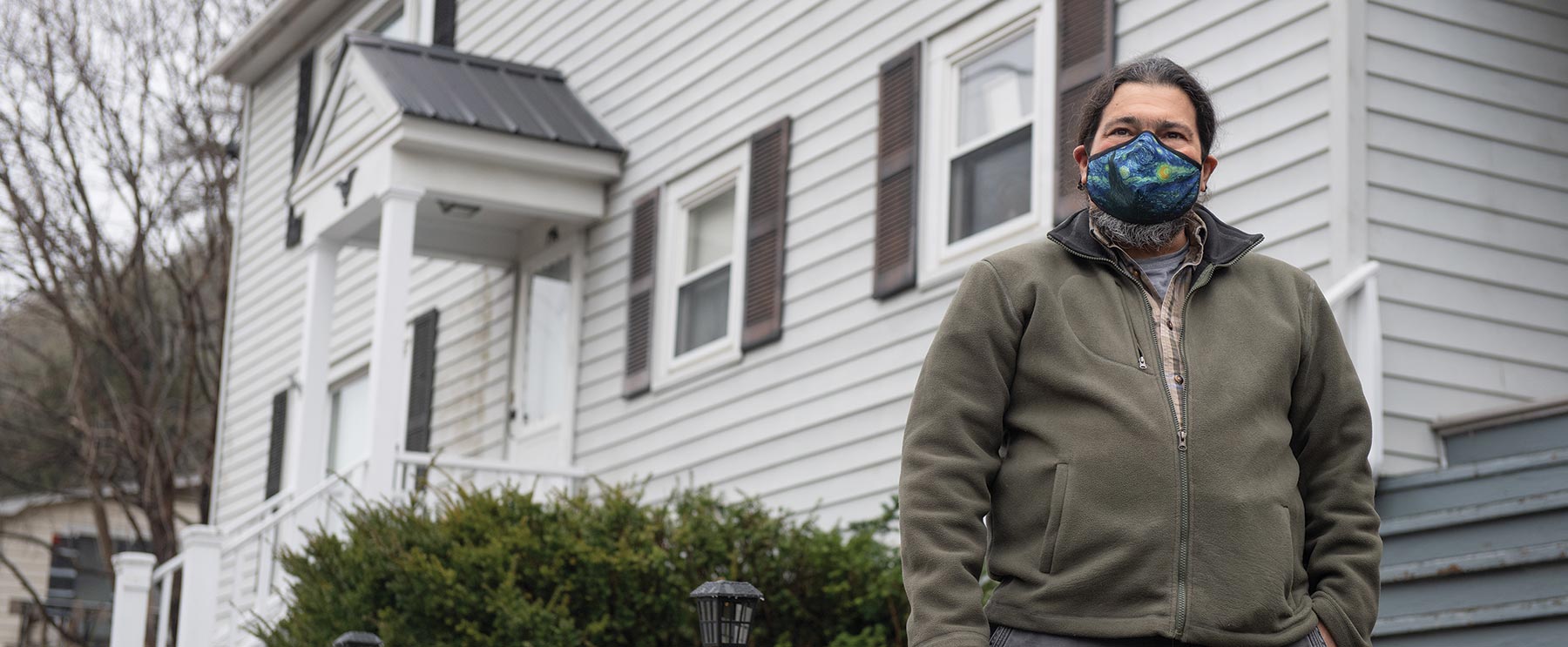
Paul Martorano
Multi-Family Rental Improvement Program Coordinator
Rehousing Recovery & Rockingham Rental Rehab Programs, grant applications, large & small repair/rehab projects ![]()
“I just came on in September, so the new protocols and safety measures are all I know. There are times that I schedule a lot of appointments in one day, which puts me in contact with a lot of people. I try to be cautious, masking up and keeping a safe distance. I feel it’s important to set a good example. I realize some contractors don’t like working with a mask on, so a lot of times I have to be the bad guy. Trying to maintain safety protocols on a job without causing conflict can be a little tricky, especially being new, but for the most part people have been respectful.
“Disasters seem to bring out both the best and worst in people. Some people I’ve worked with had to come up with money for repairs, and trust the process. I often had to reassure people that the money would come through. An error or a funding hiccup could leave people in a precarious position. It’s been a real learning experience for me, too, realizing the trust people put in me, and in our programs. Trust is key to what we do.”
Financials
Statement of Activities
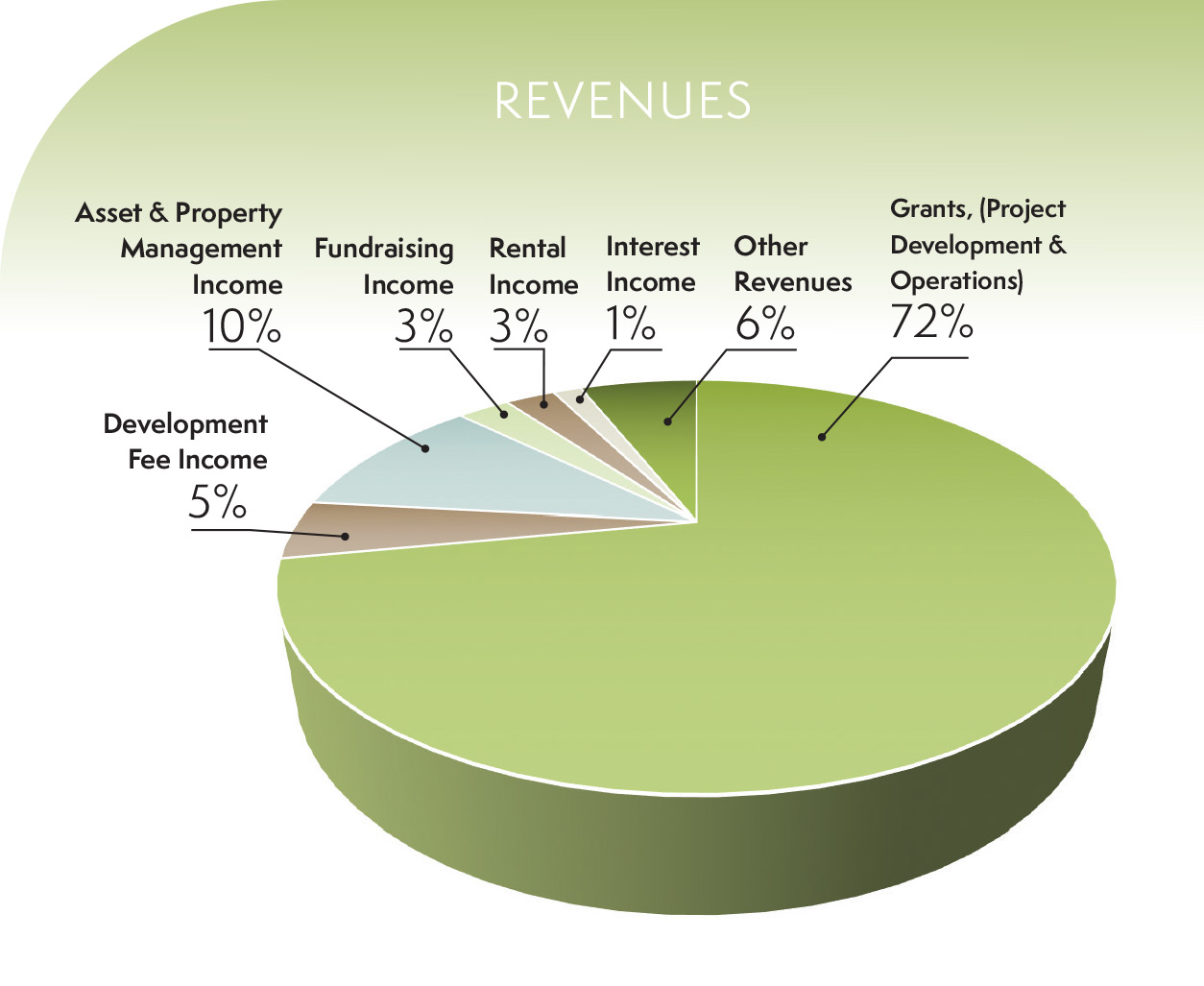
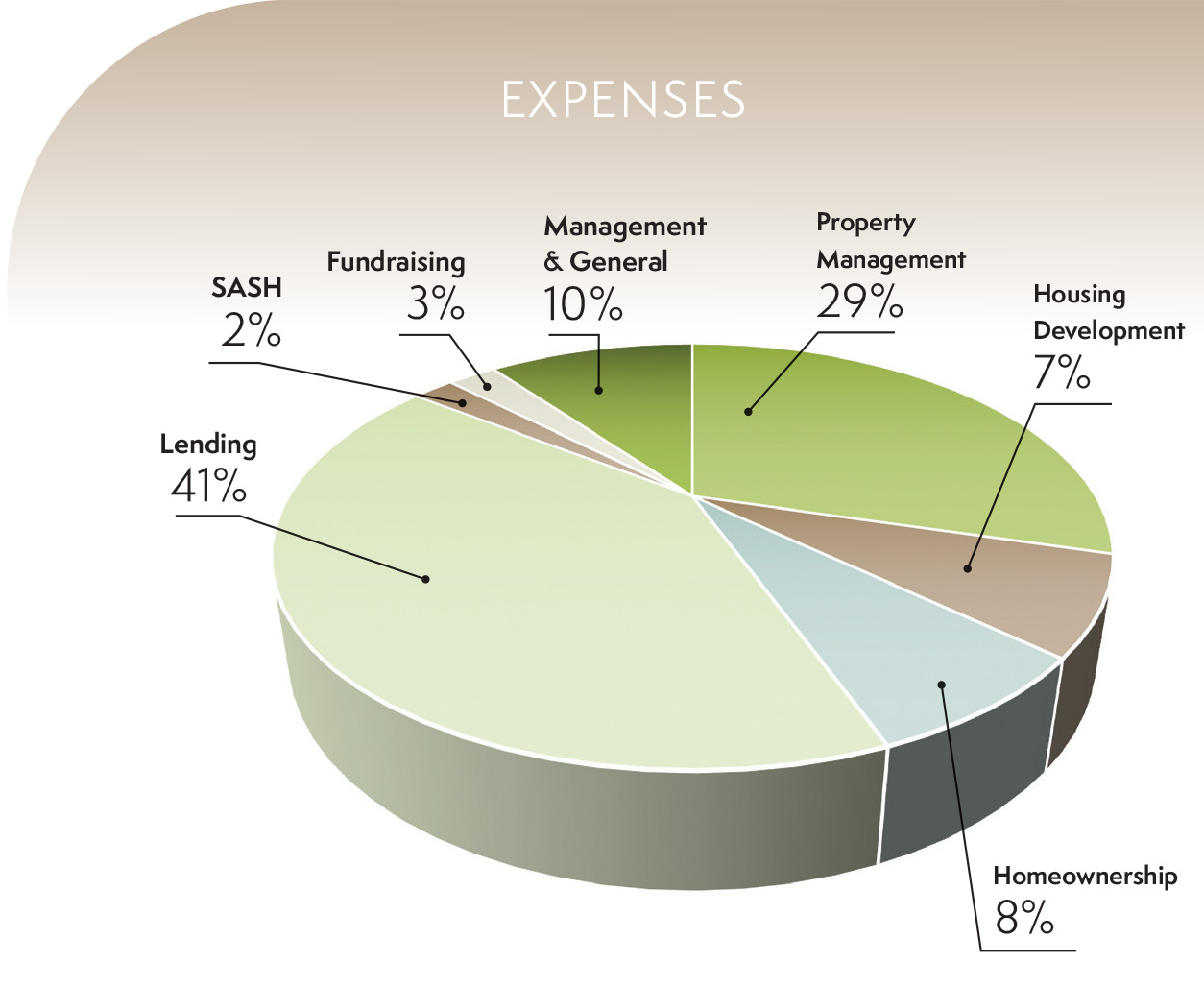
For more information, click here to read the complete financial report for the year 2020.
Financials
Individual/Business Donations
Every gift matters in so many ways.
This year, we’ve seen the power of community. With the generosity of our donors, our homeowners have been able to navigate the competitive market and access expert home repair services and finances. Private property owners were able to address pressing health and safety needs and bring new homes opportunities for renters.
Donations have enabled us to meet the moment by partnering with Groundworks Collaborative to provide supportive services in the new homes developed in the Chalet. Each gift becomes a new beginning for someone who has been experiencing chronic homelessness during a pandemic, enables a family to live in a safe, secure house, and gives an elderly couple an accessible apartment to call home. We’re grateful to all our donors for providing a solid foundation for our community to thrive!
Donations
Business Sponsorships
Individual Donations
Timing is Everything: The Connie Snow Opportunity Fund
Total Donations
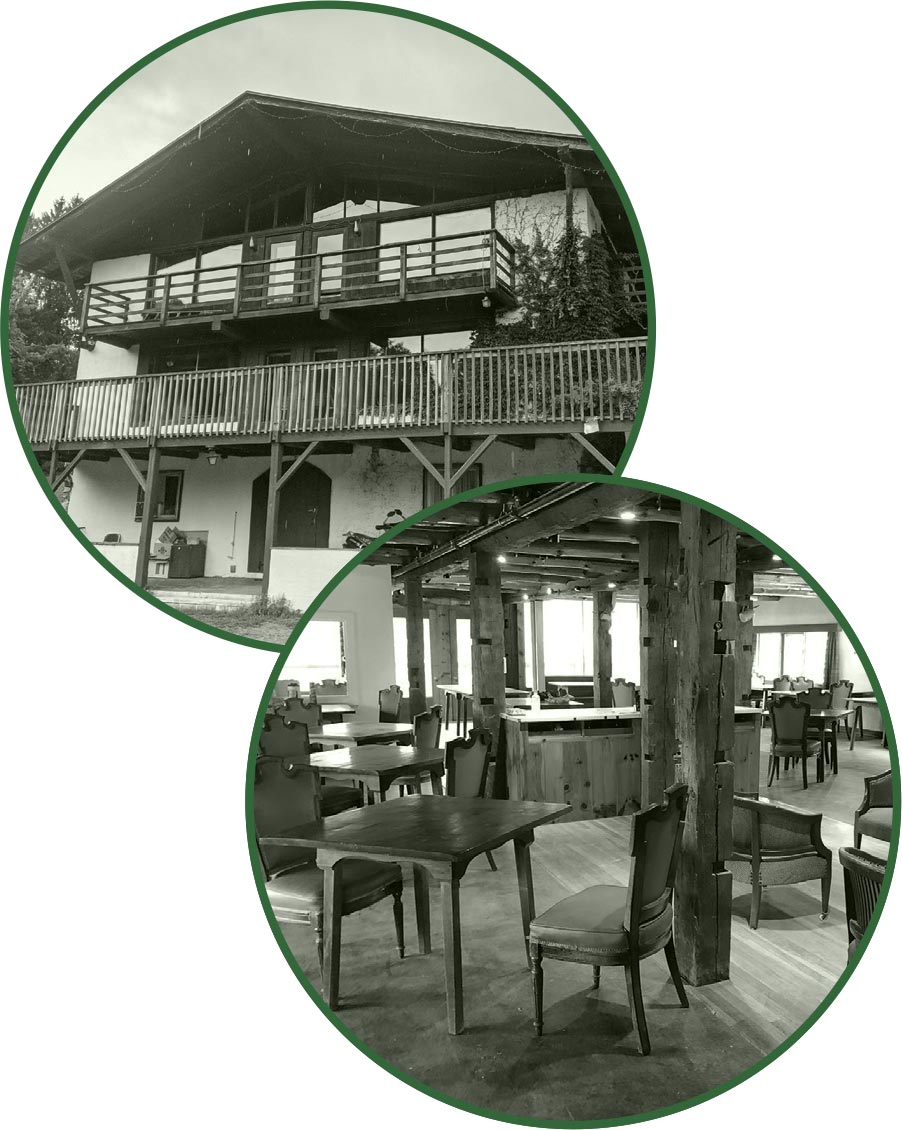
Support Windham & Windsor Housing Trust
Housing Locations and Services
Areas We Serve
Our Staff
Opportunity and Impact

Elizabeth Bridgewater
Executive Director
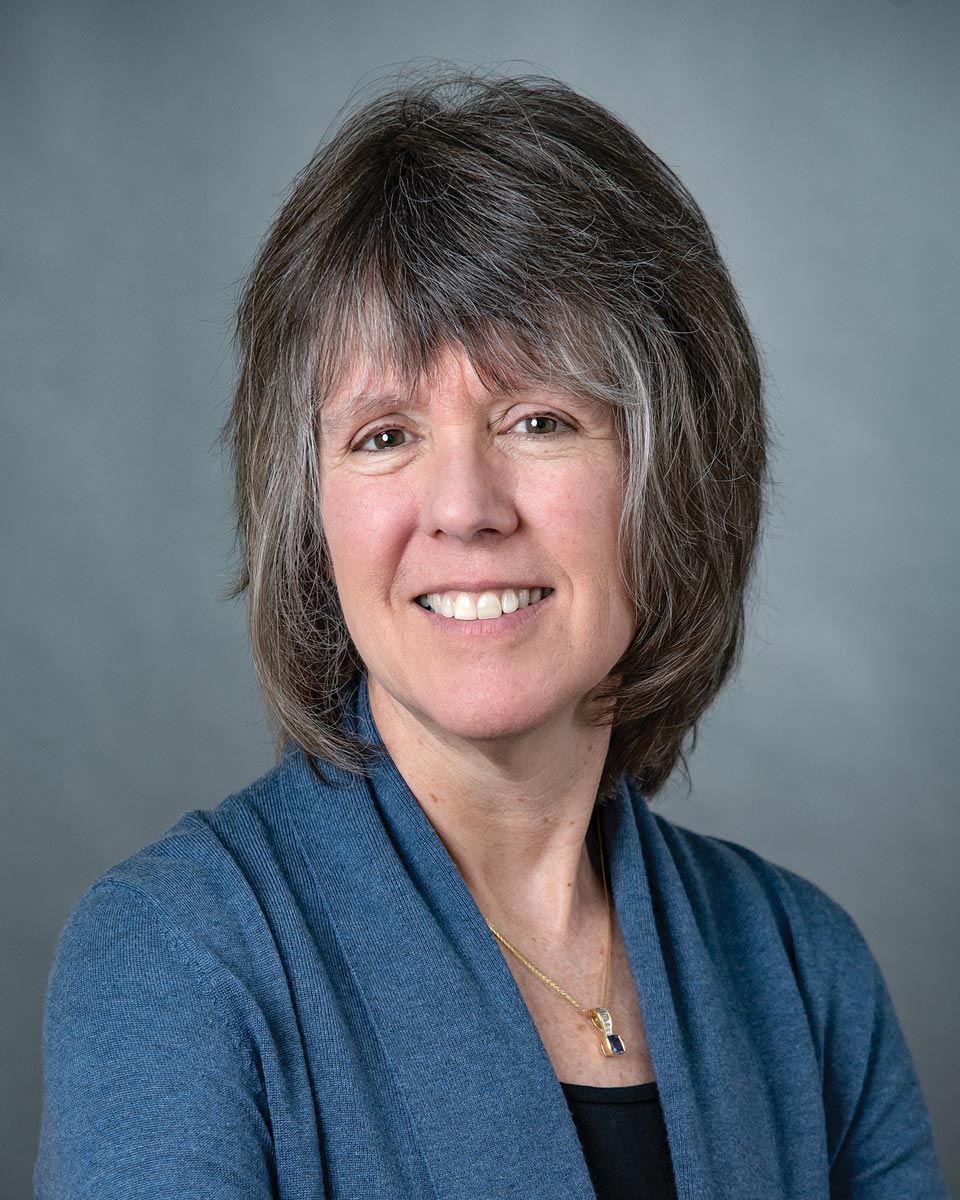
Sandy Garland
Director of Finance

Bruce Whitney
Director of Homeownership

Peter Paggi
Director of Housing Development
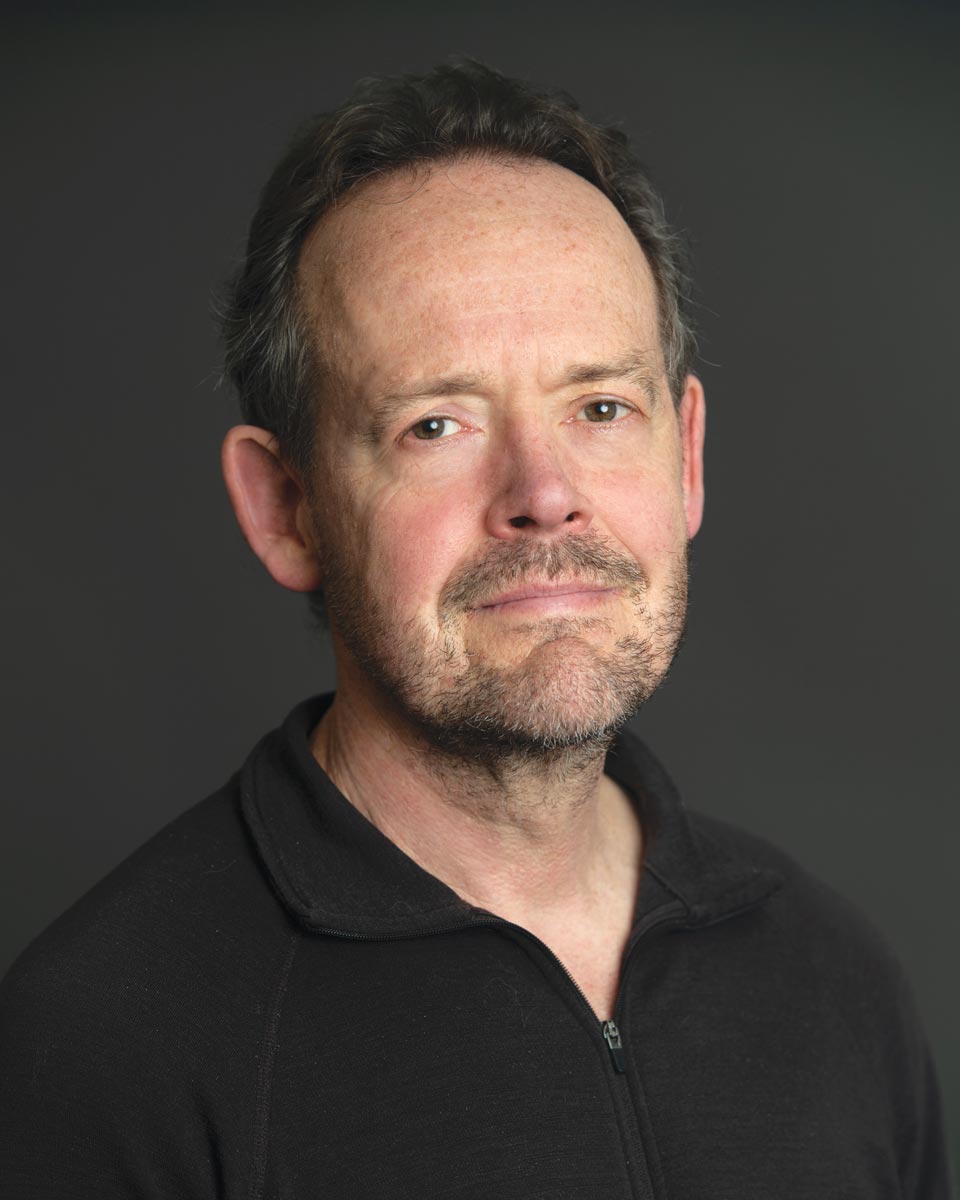
Bob Crego
Director of Asset and Property Management
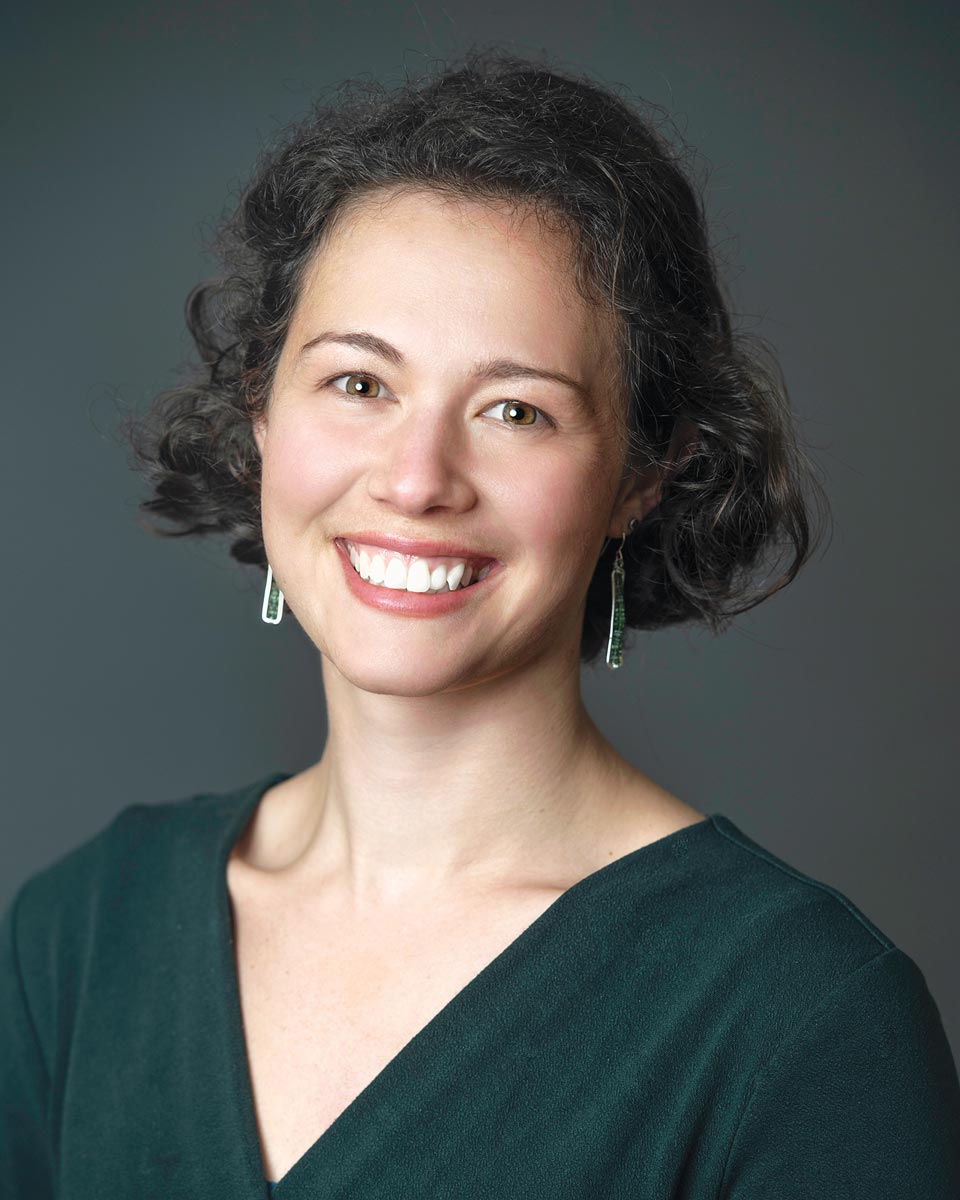
Marion Major
Outreach and Marketing Coordinator
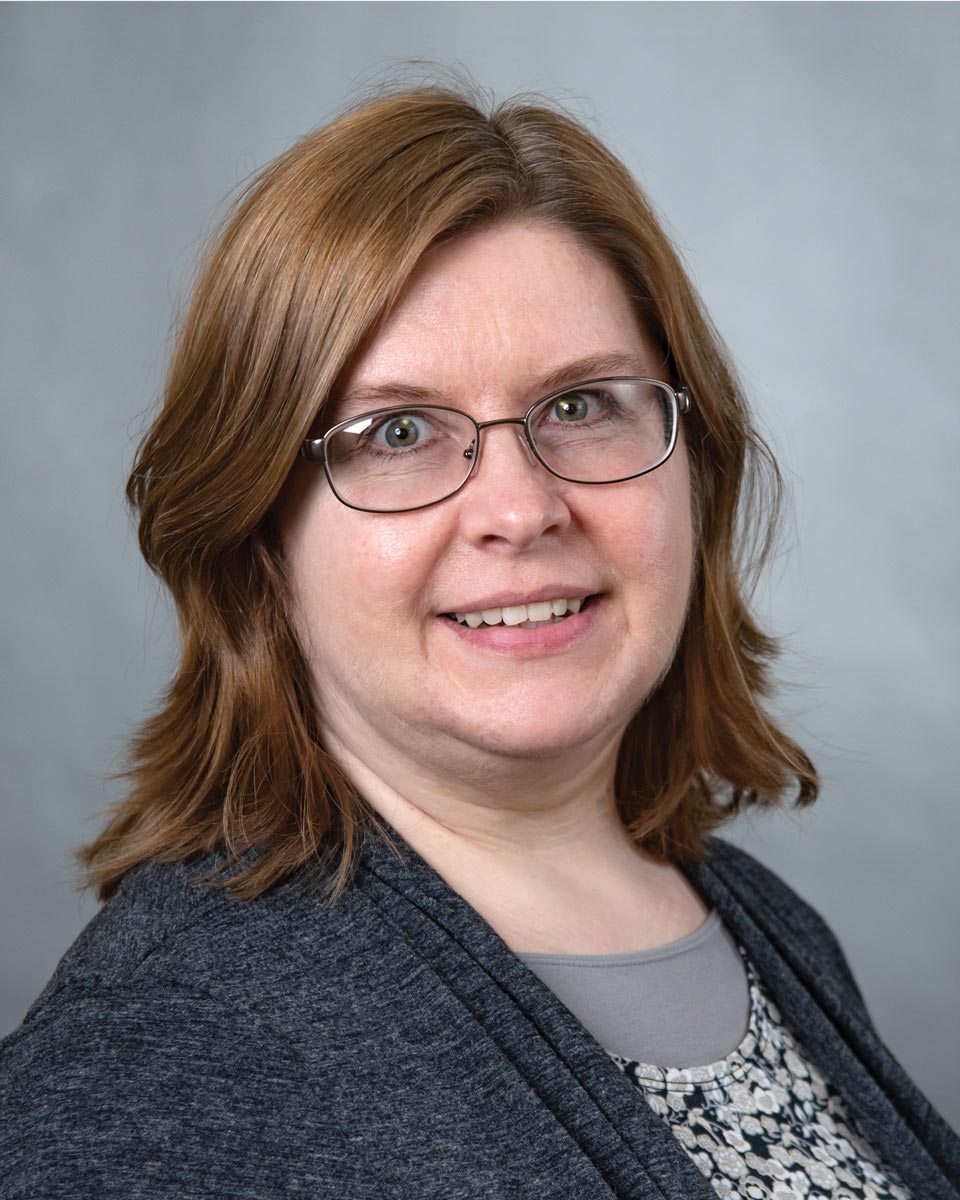
Katrina Willette
Accounting and Technology Specialist

Tim Herzig
Staff Accountant
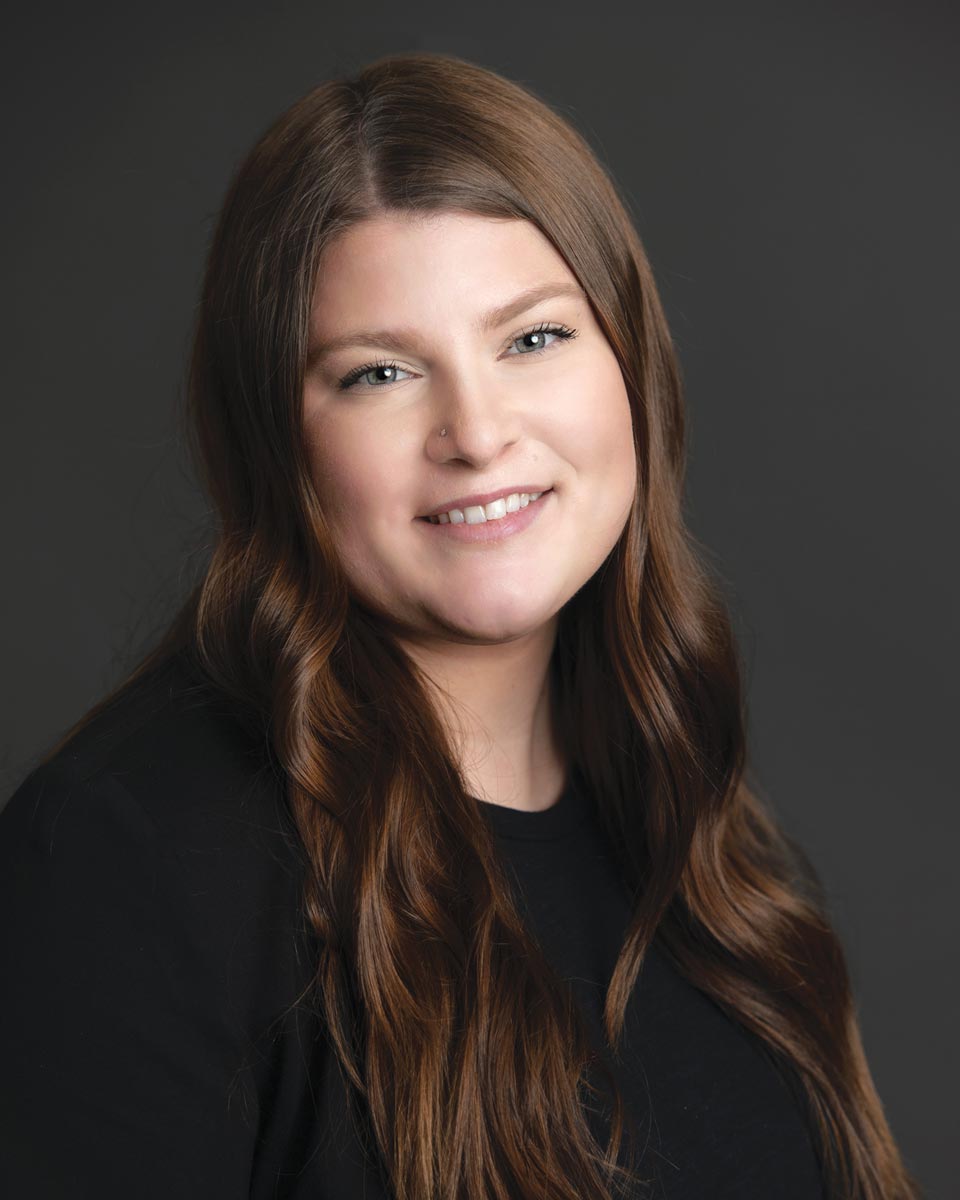
Jenna LeBlanc
Office Manager
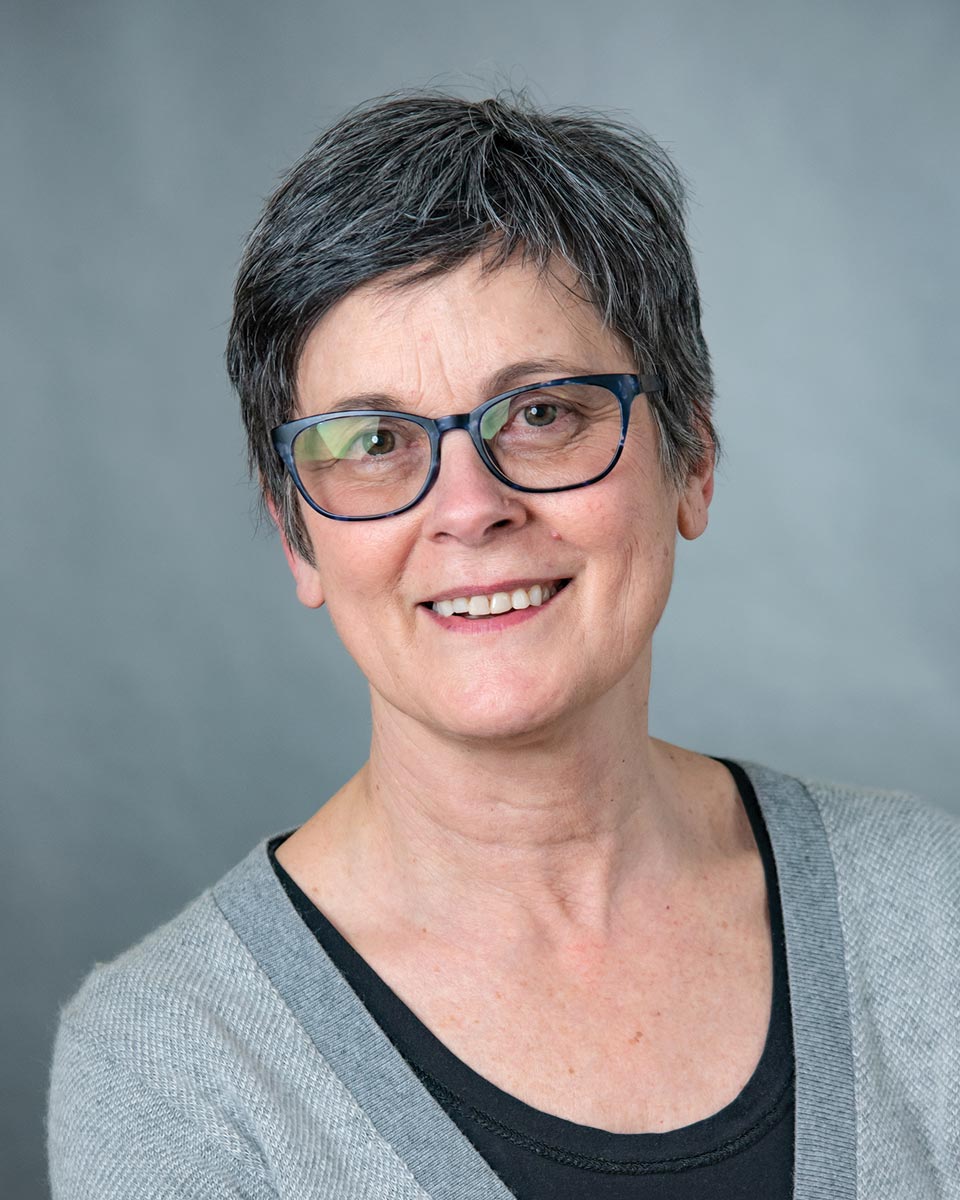
Ginger Gaudette
Senior Property Manager
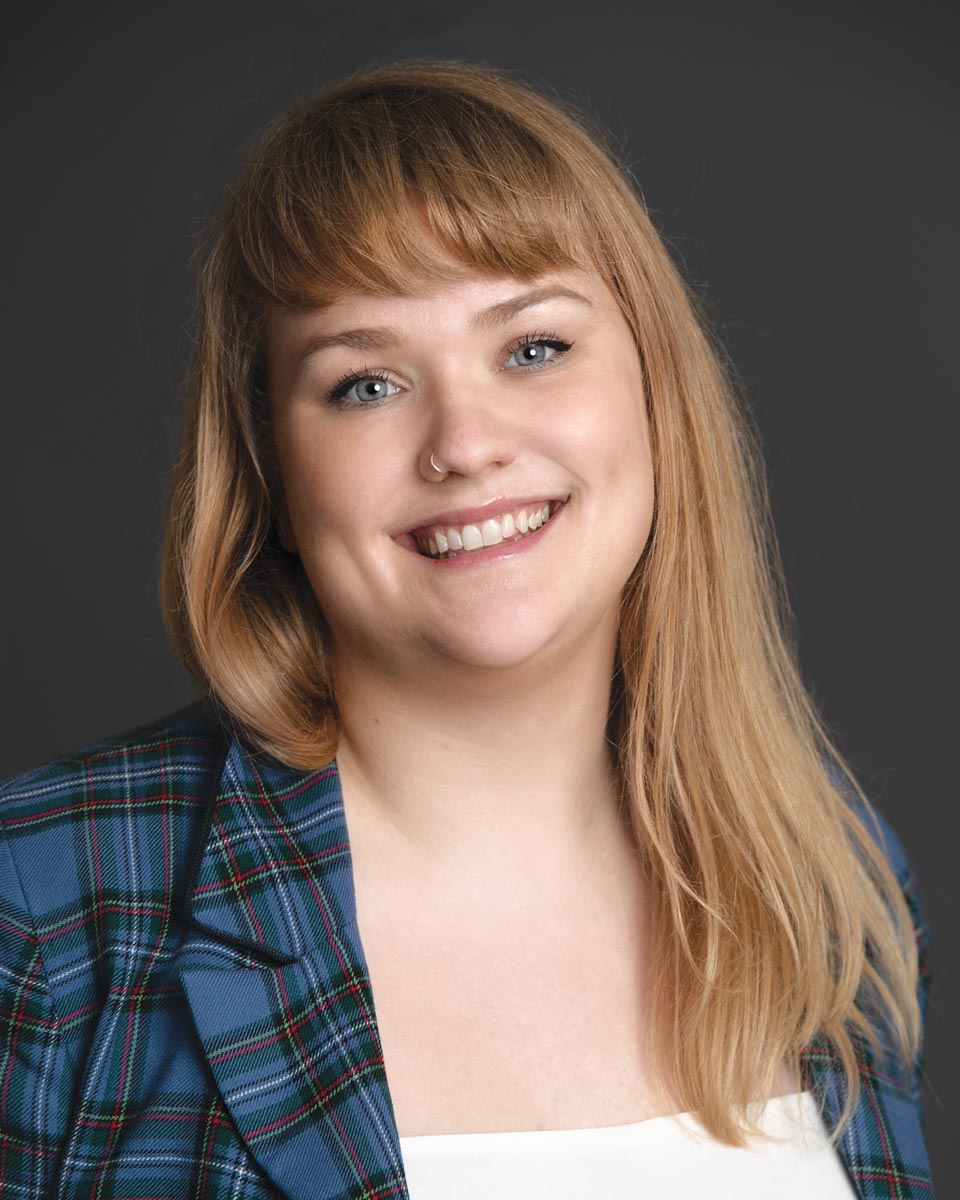
Birgitta Johnson
Assistant Property Manager
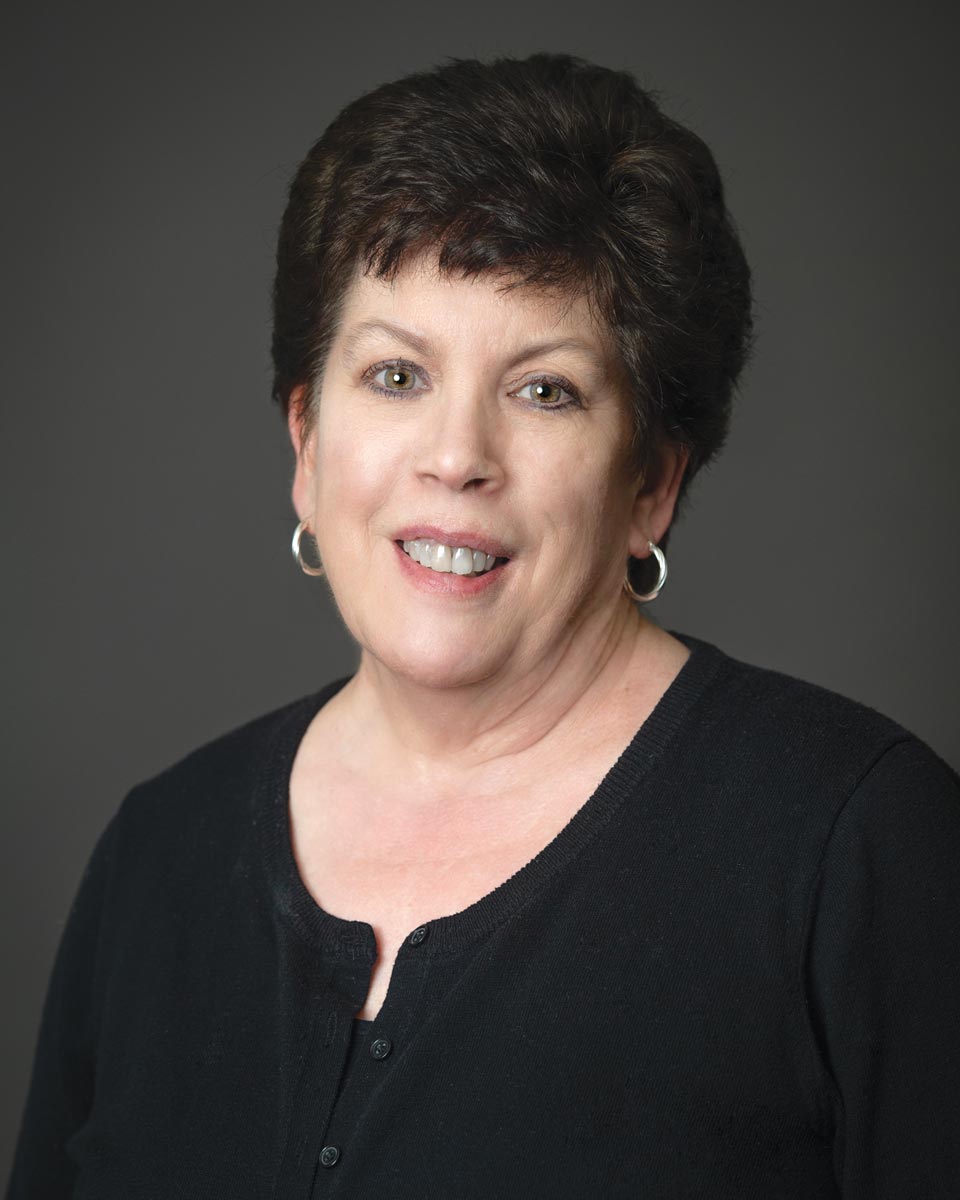
Sue Rousse
Compliance and Leasing Manager
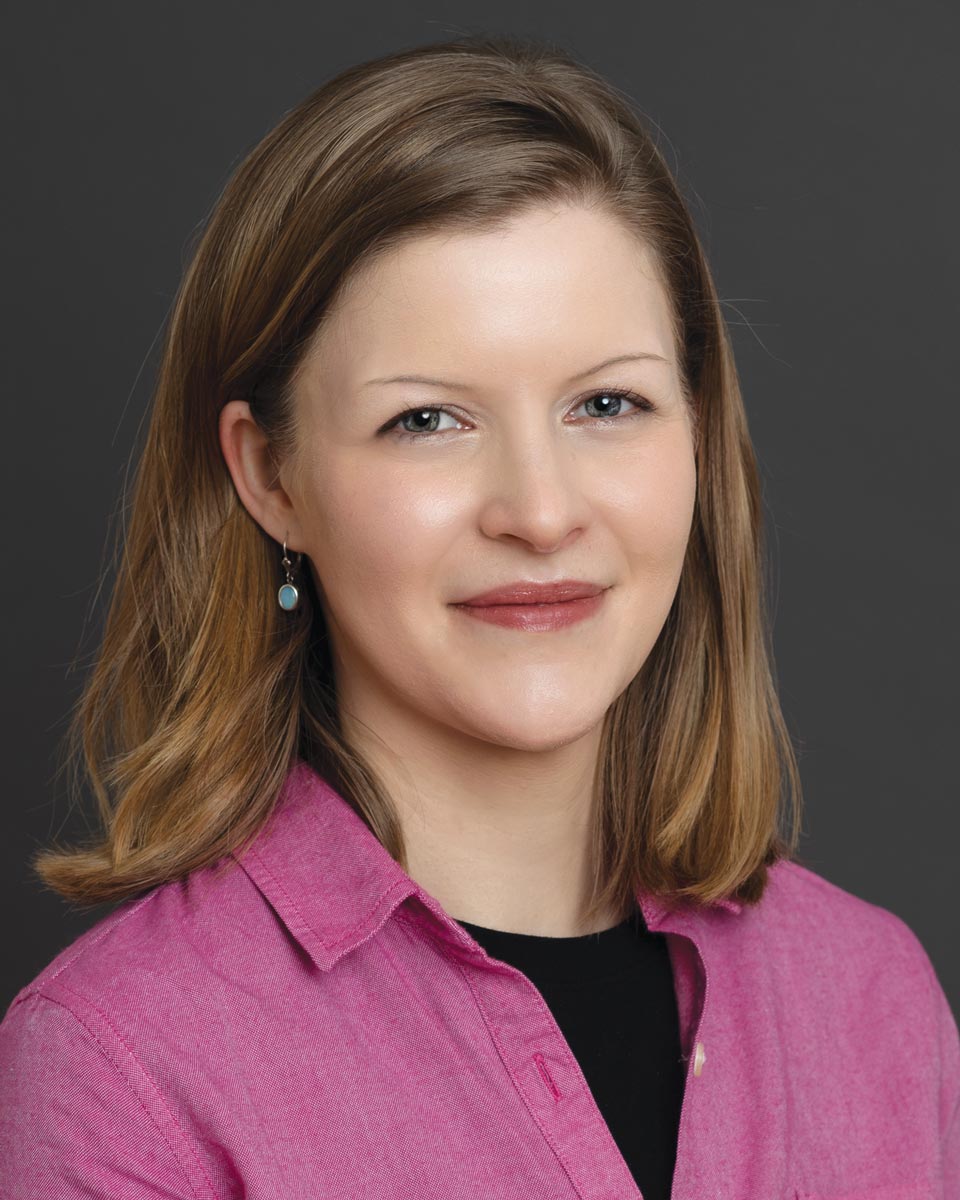
Katherine Freyenhagen
Assistant Leasing Agent

Morey Page
Maintenance Supervisor
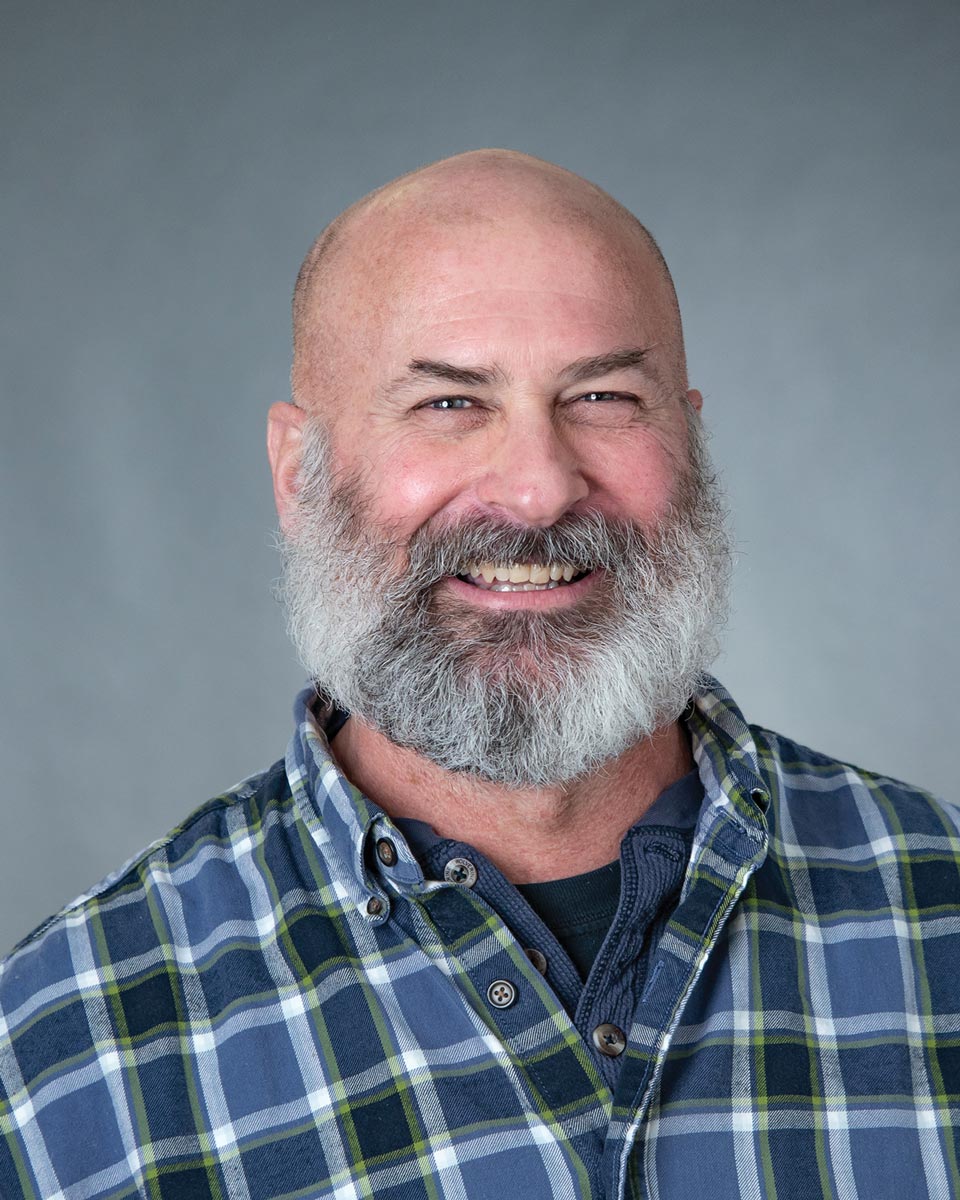
Phil Jones
Maintenance Technician
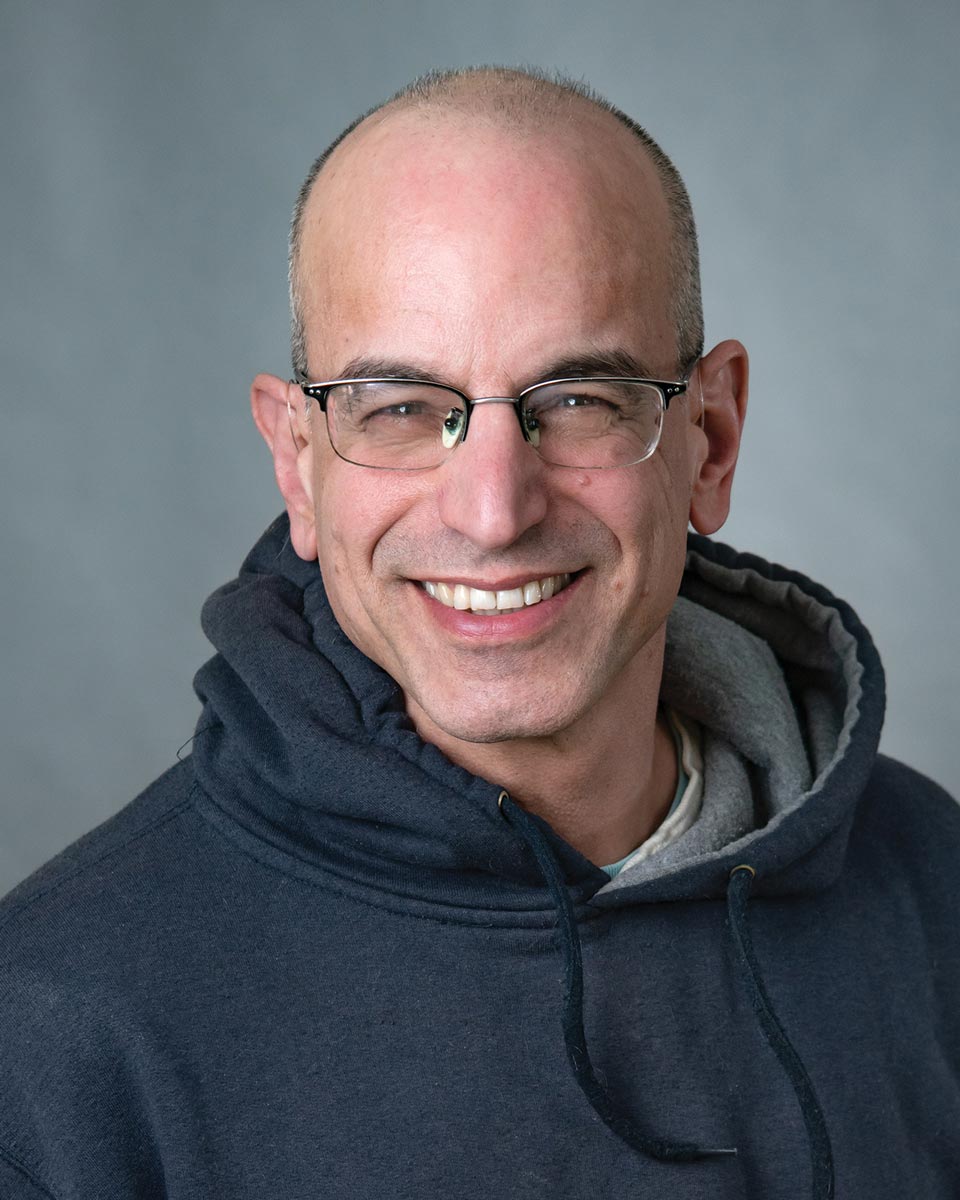
Chris Zappala
Maintenance Technician
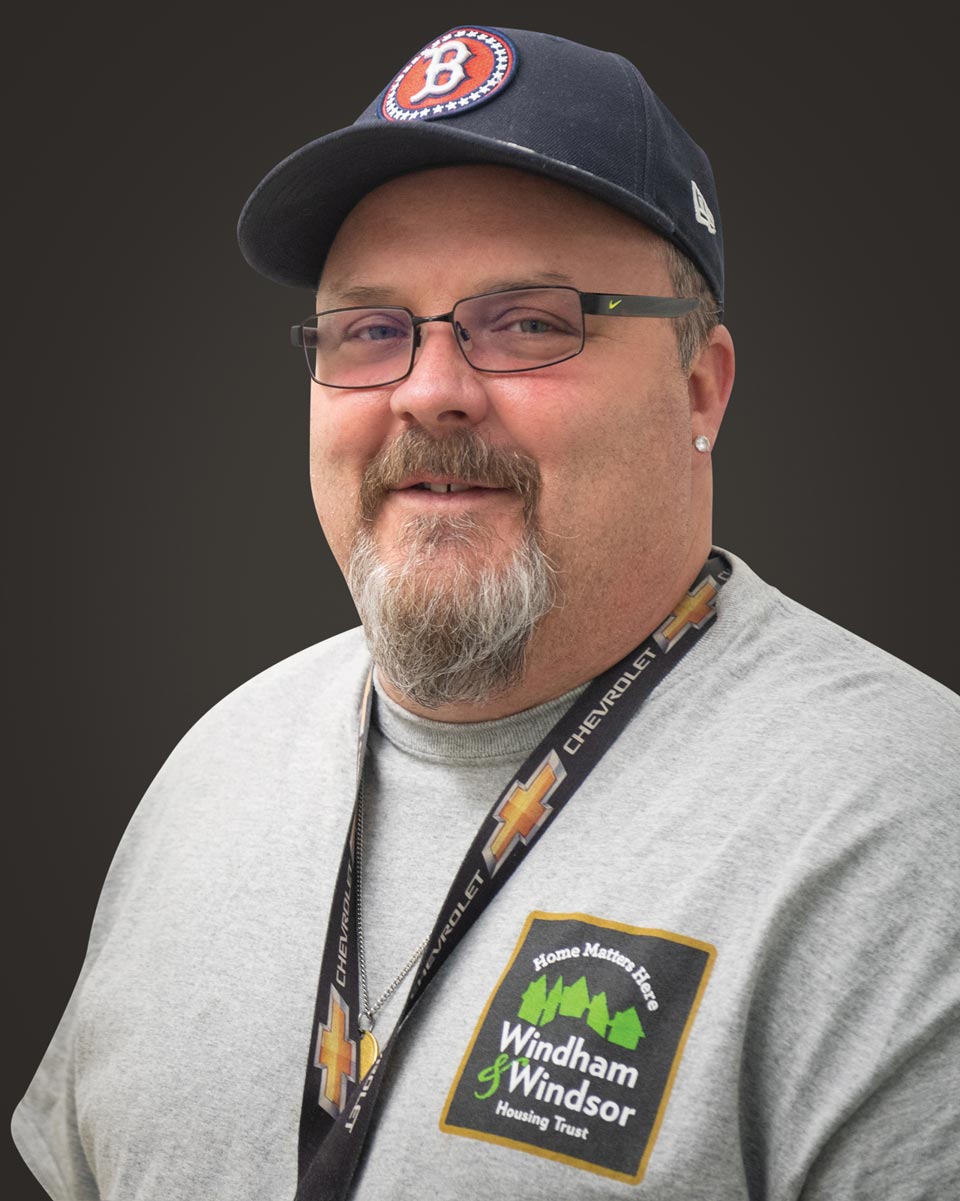
Rob Tarbox
Maintenance Technician

Travis Tarbox
Maintenance Technician
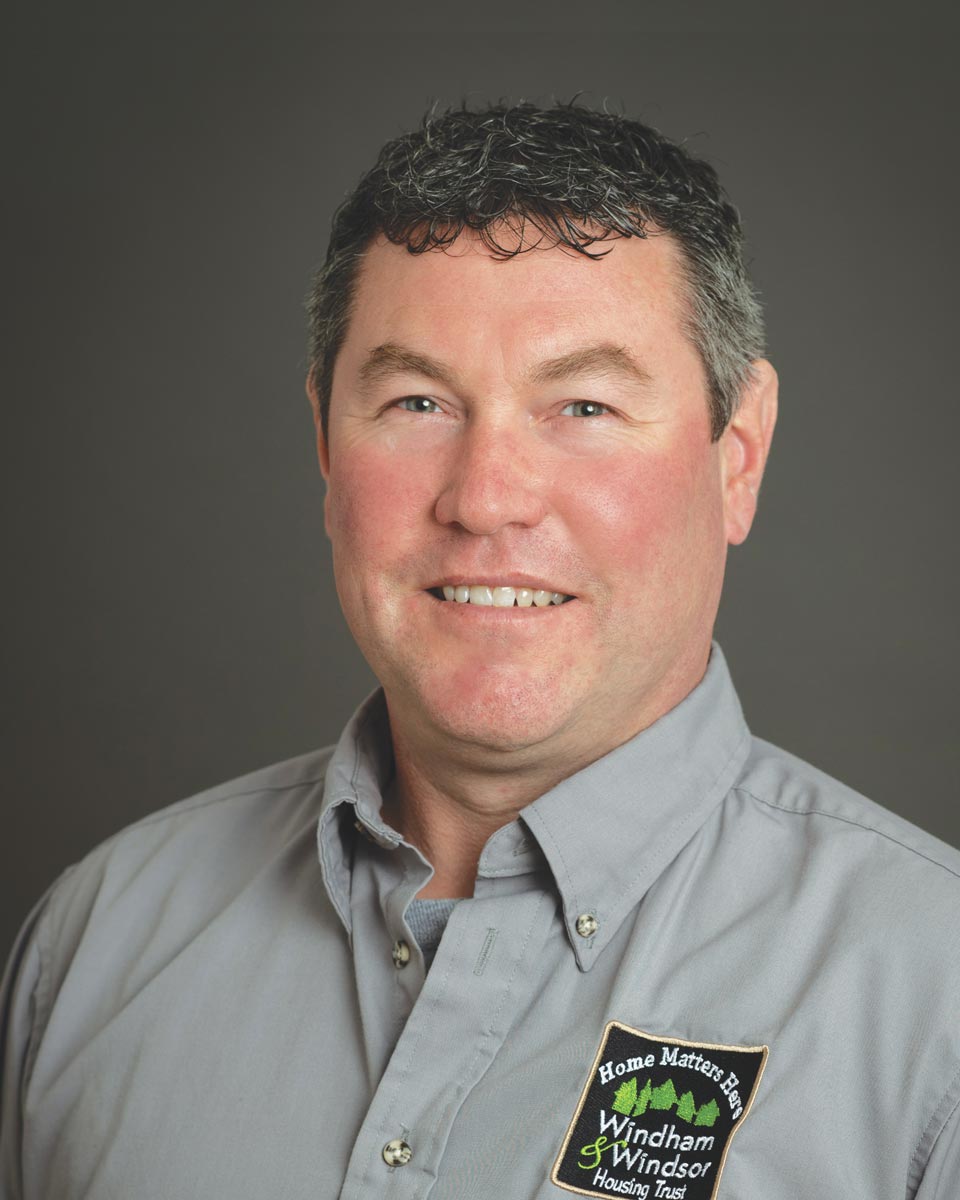
Brian Seaman
Maintenance Technician

Jeremy Paquette
Homeownership Program Coordinator
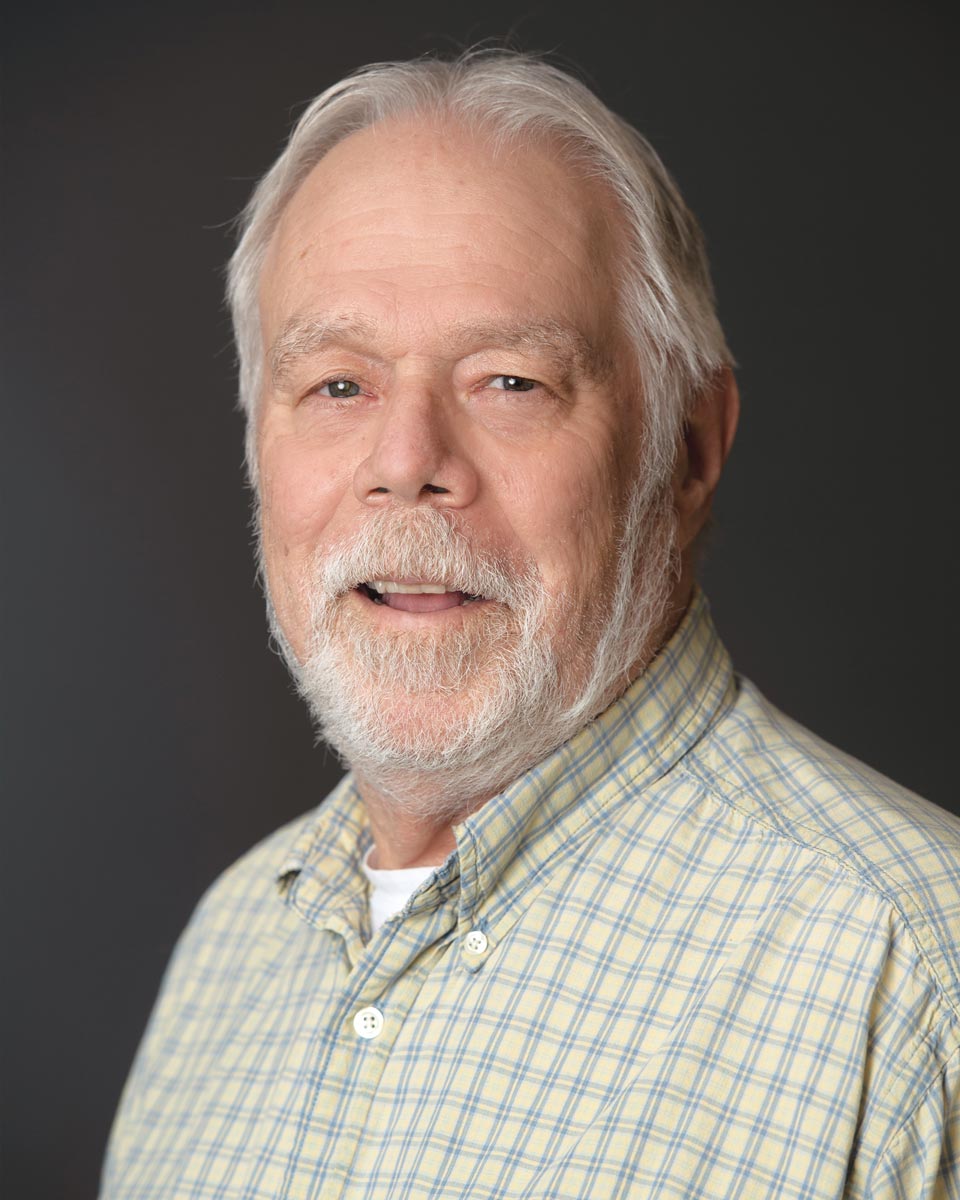
Steve Casabona
Homeownership Specialist
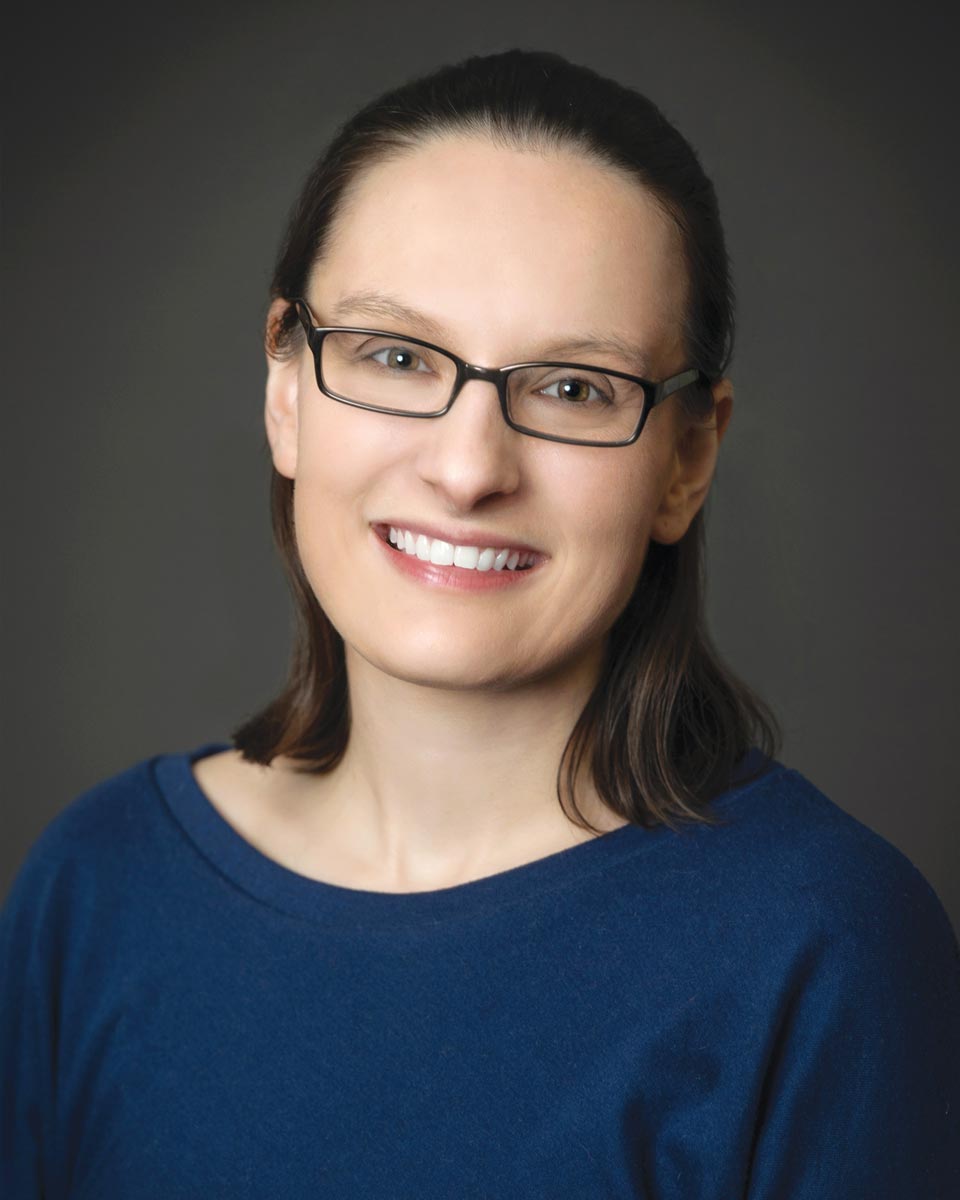
Kayla Bernier-Wright
Homeownership Specialist
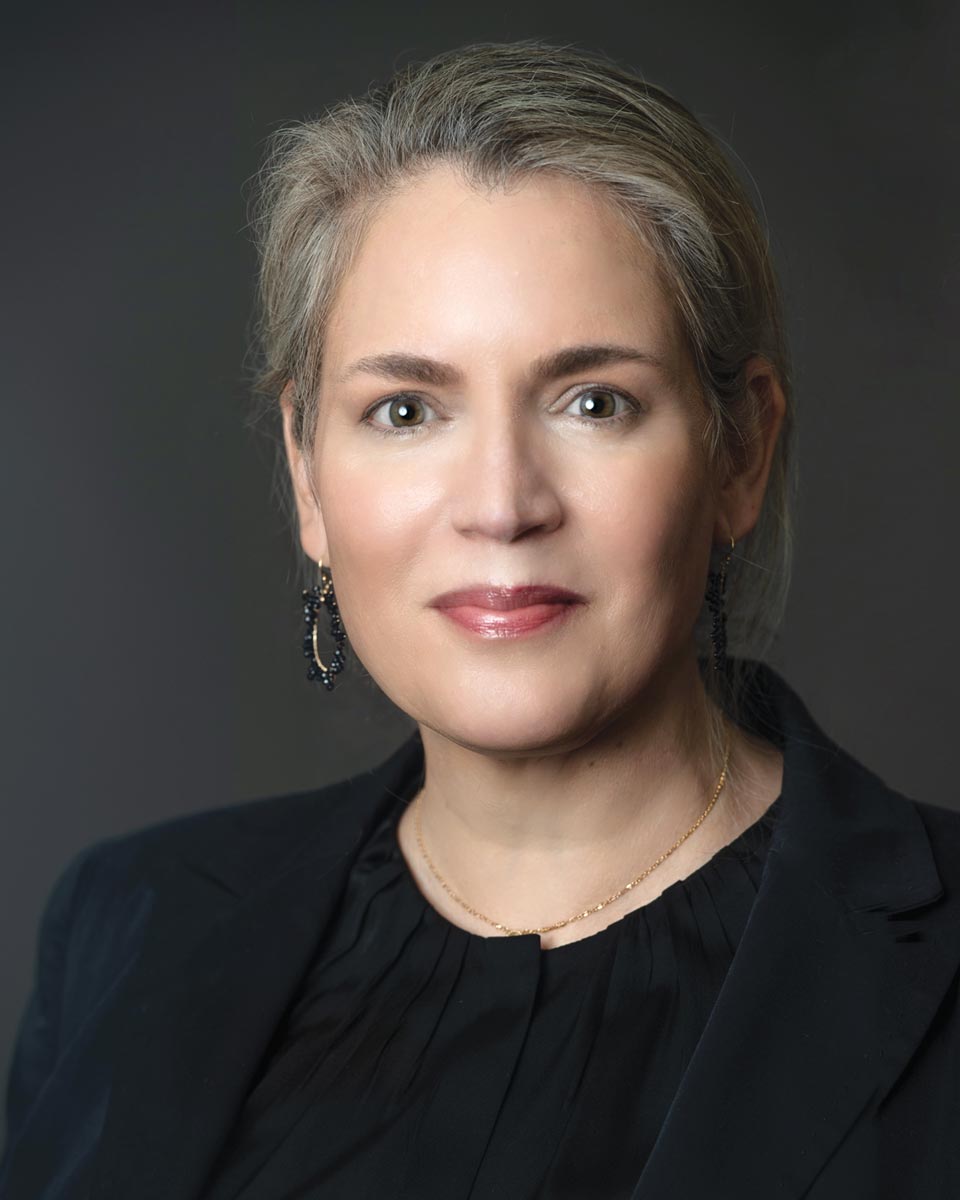
Maire van Drunen
Housing Retention Specialist
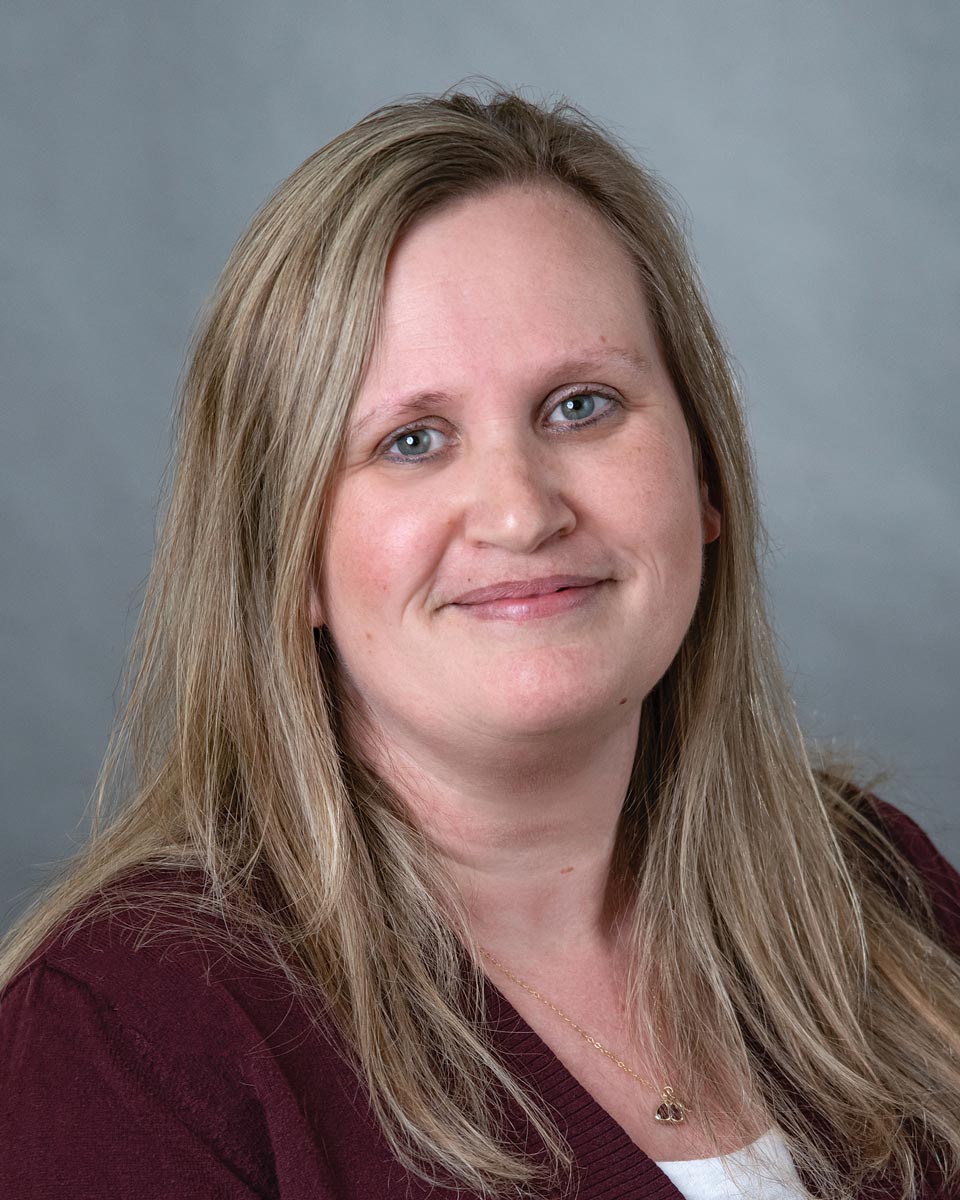
Tara Brown
Lending Manager
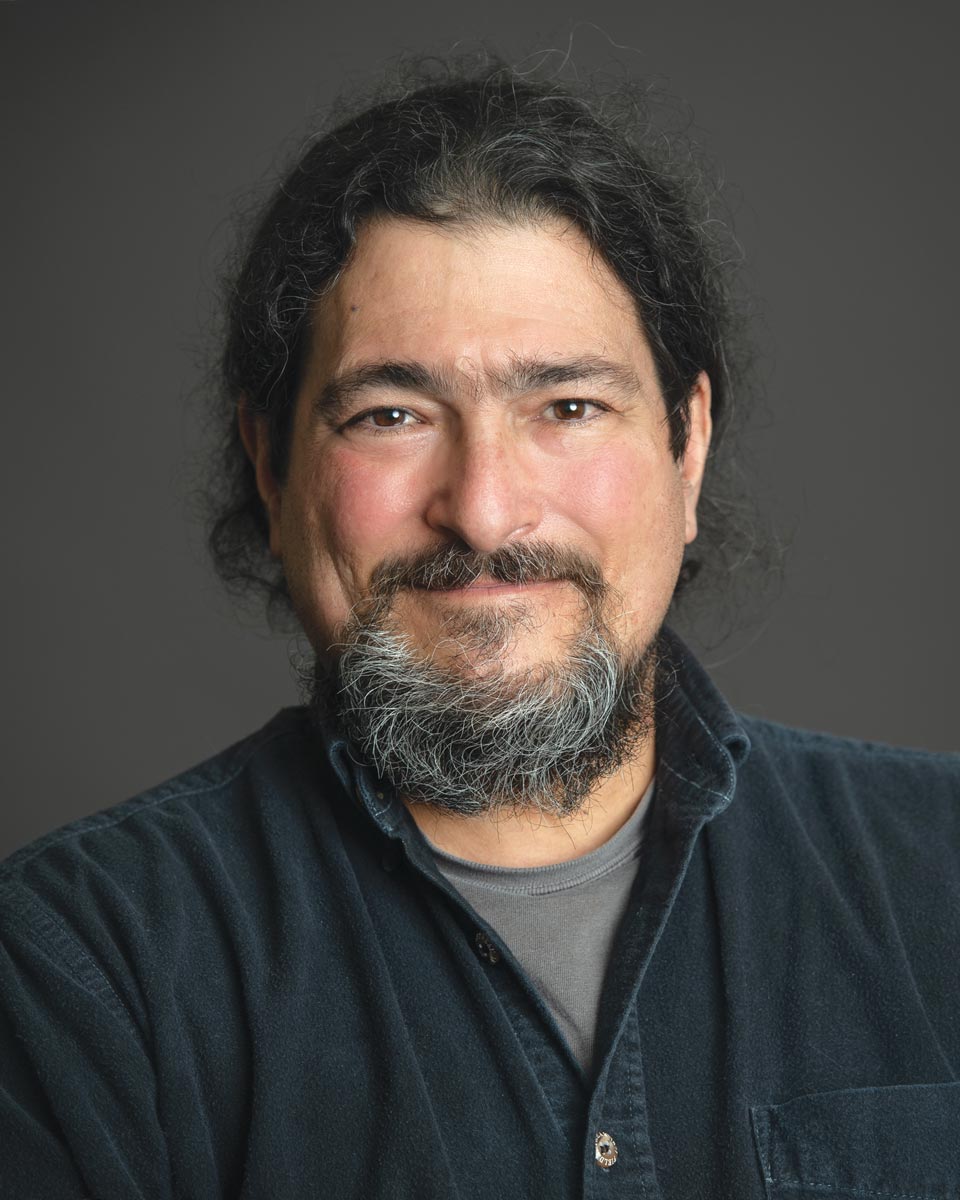
Paul Martorano
Multi-Family Rental Improvement Program Coordinator

Jerry Freeman
Rehab Specialist
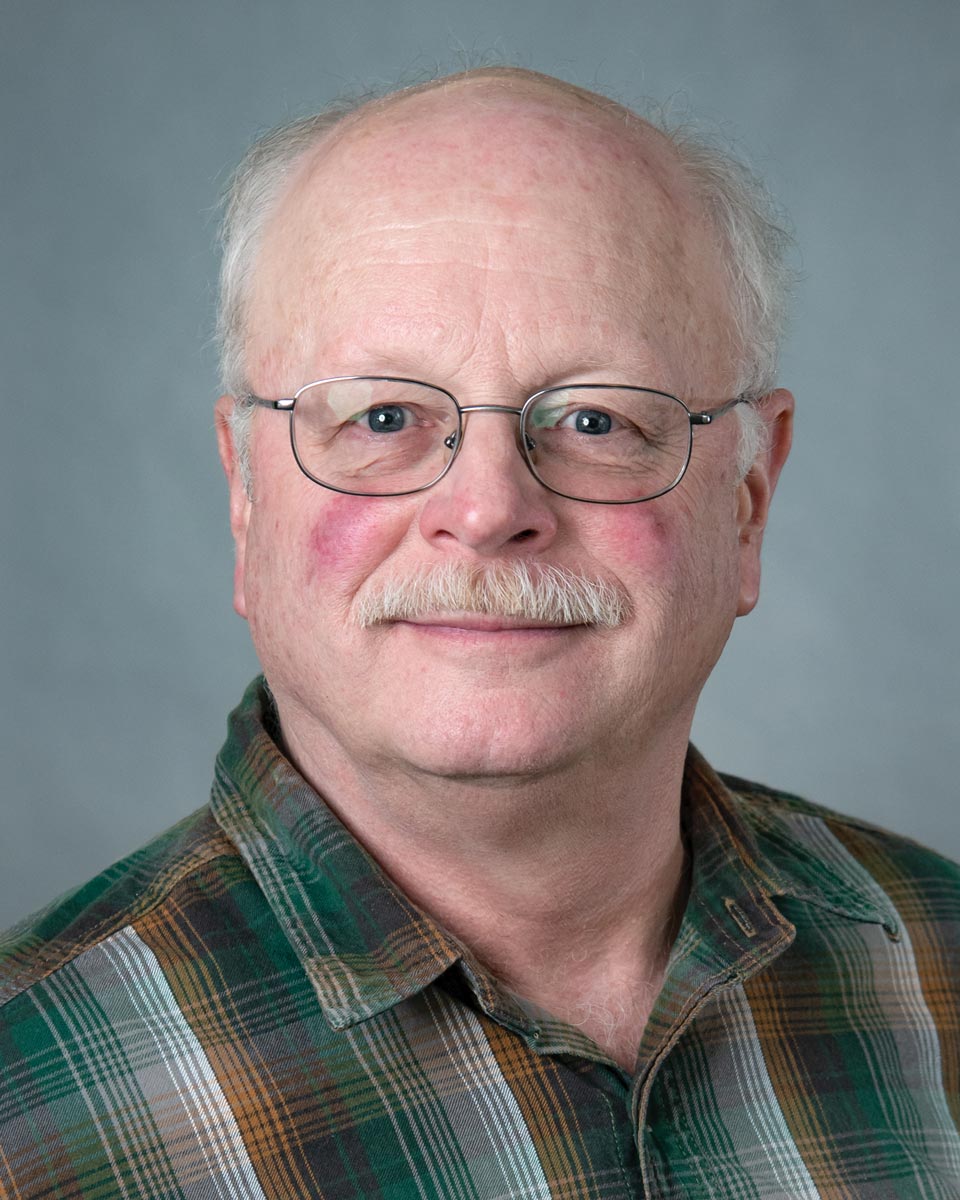
David Grobe
Rehab Specialist
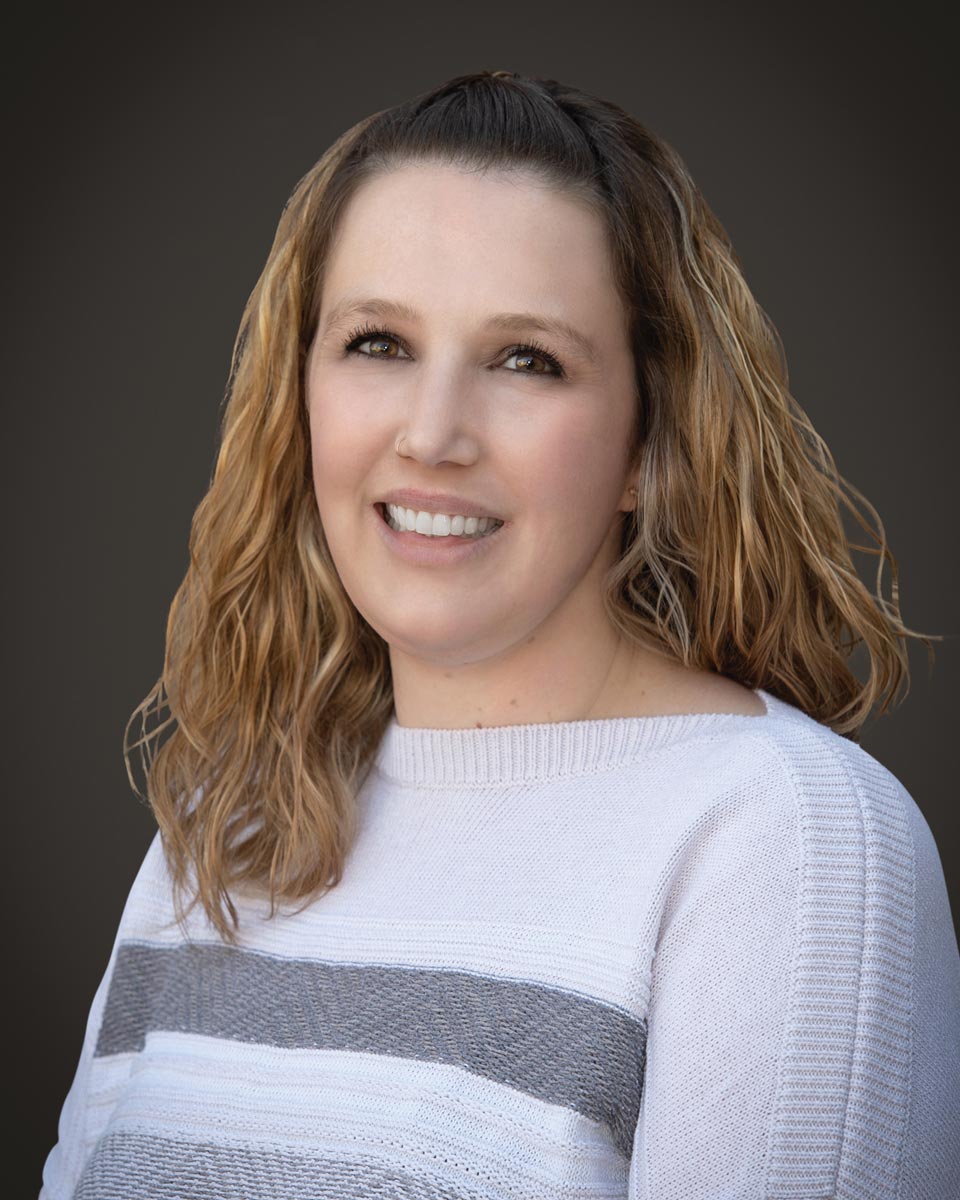
Molly Bennett
SASH Coordinator
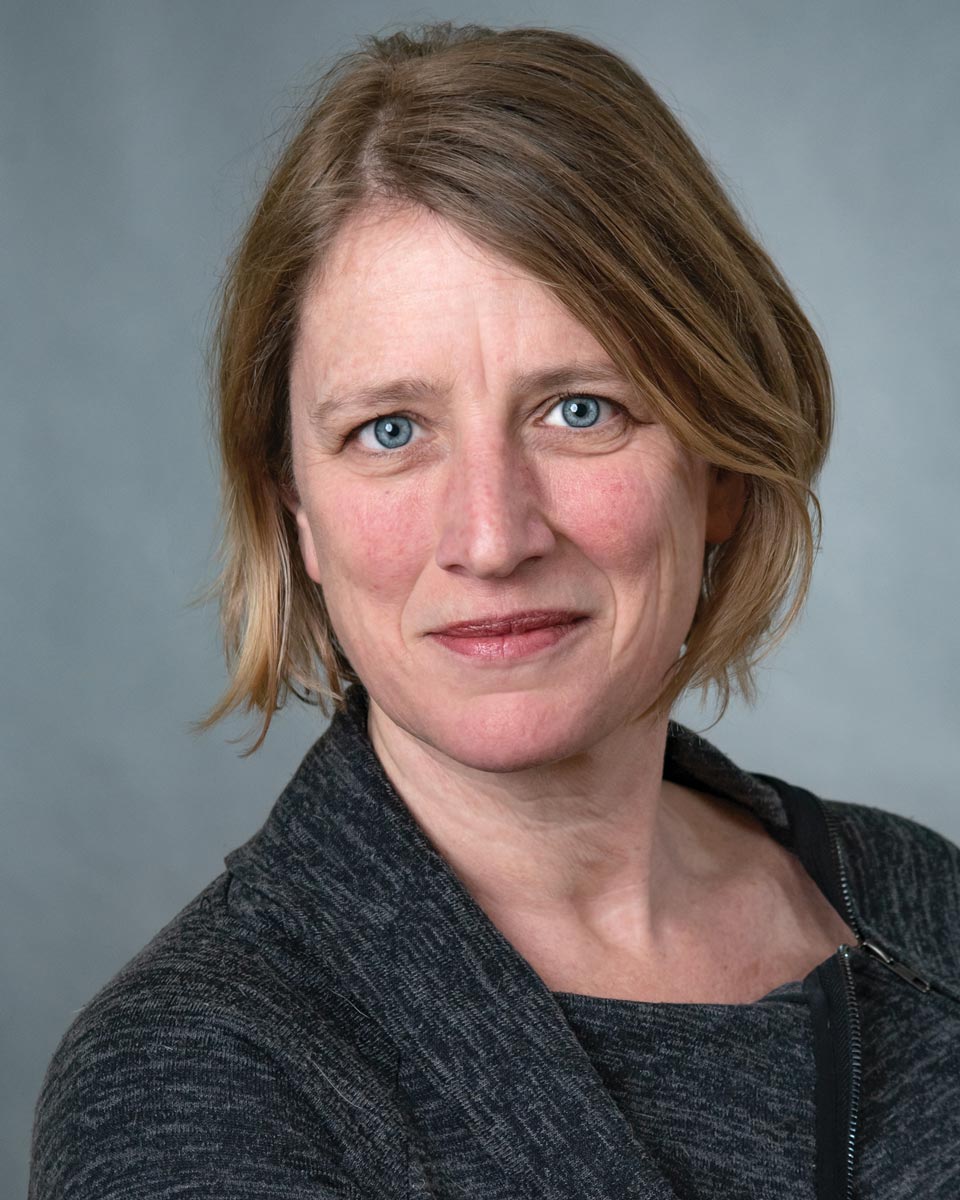
Betsy Hall
Housing Development Assistant
Our Staff
Leadership Community
